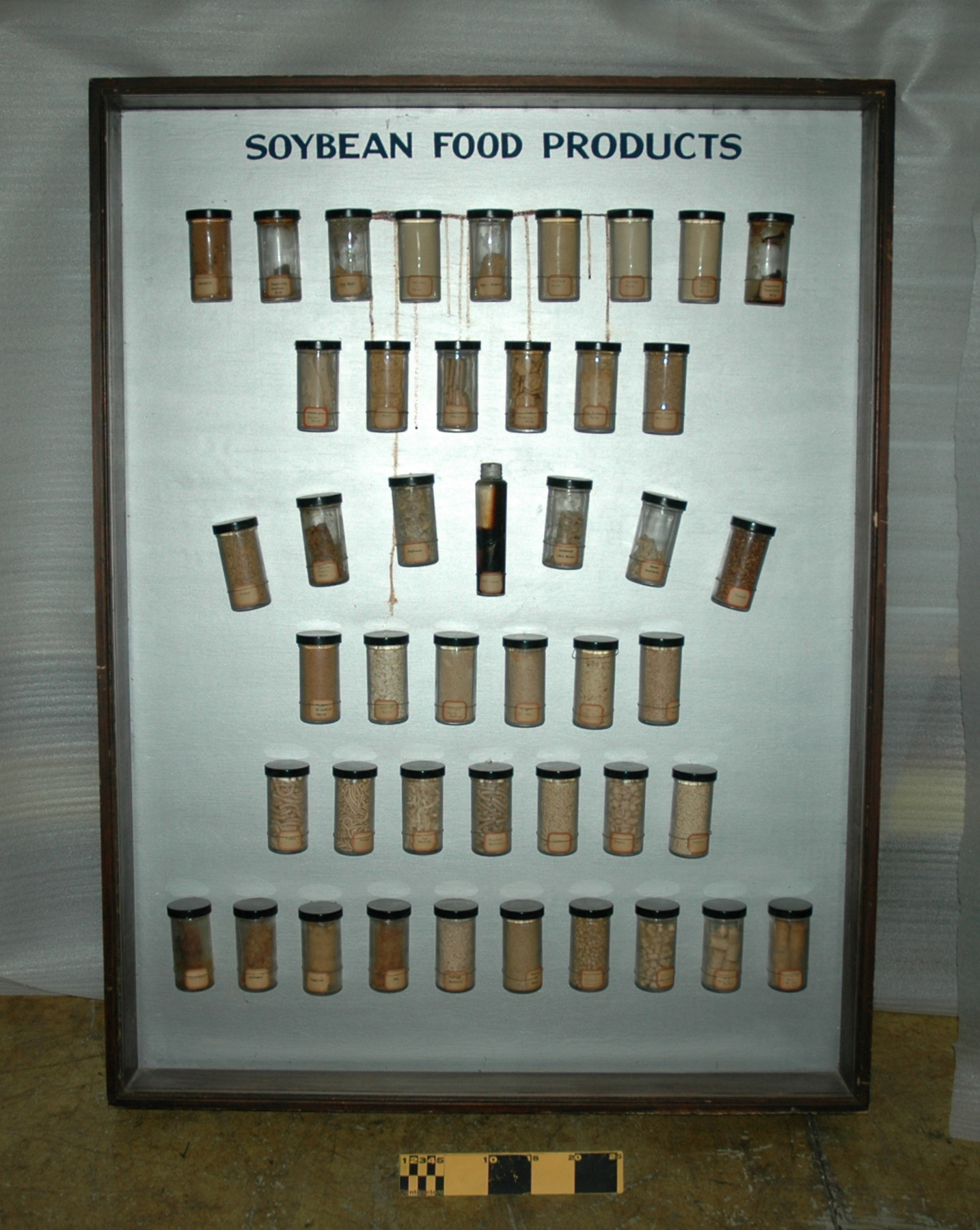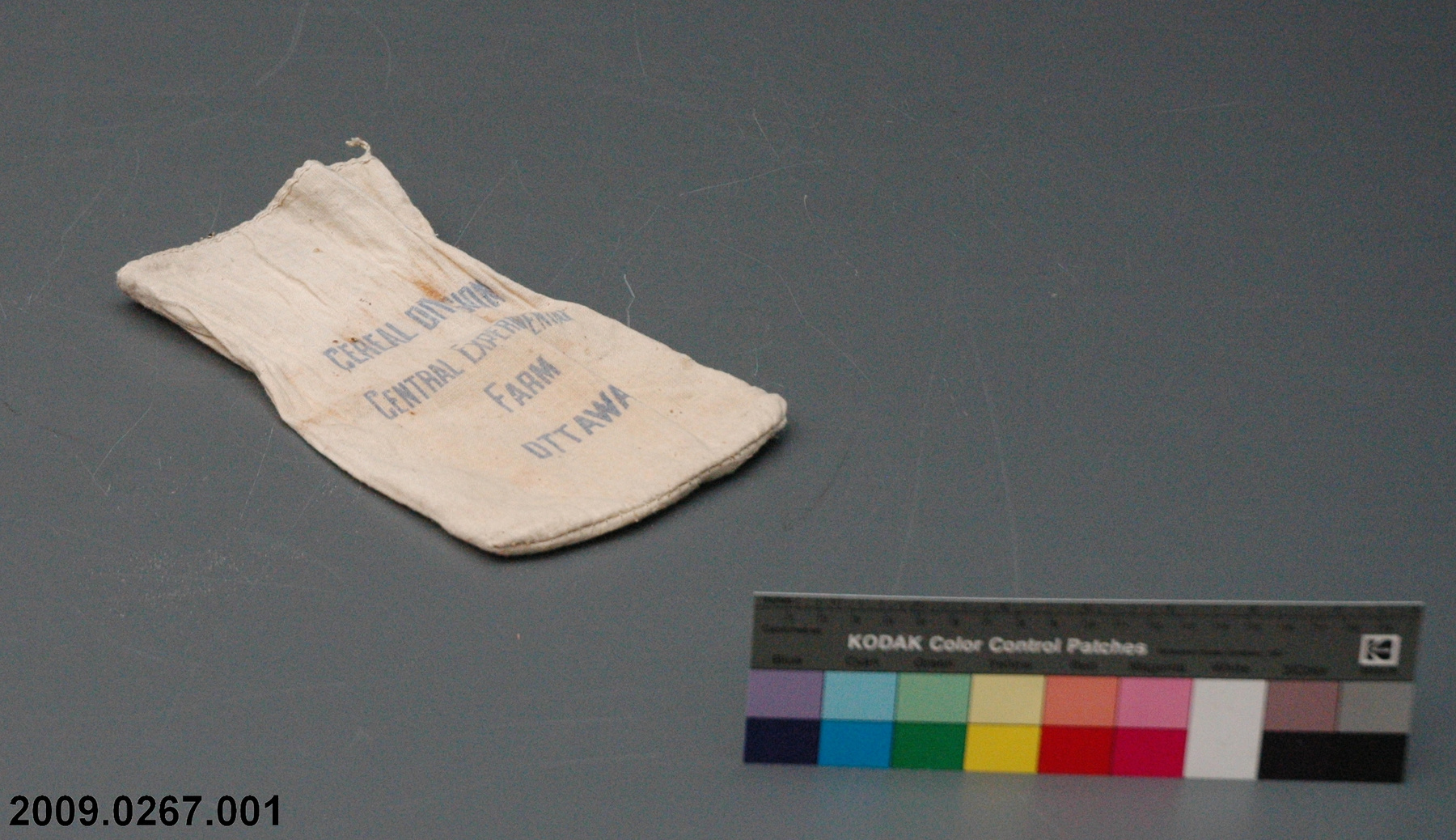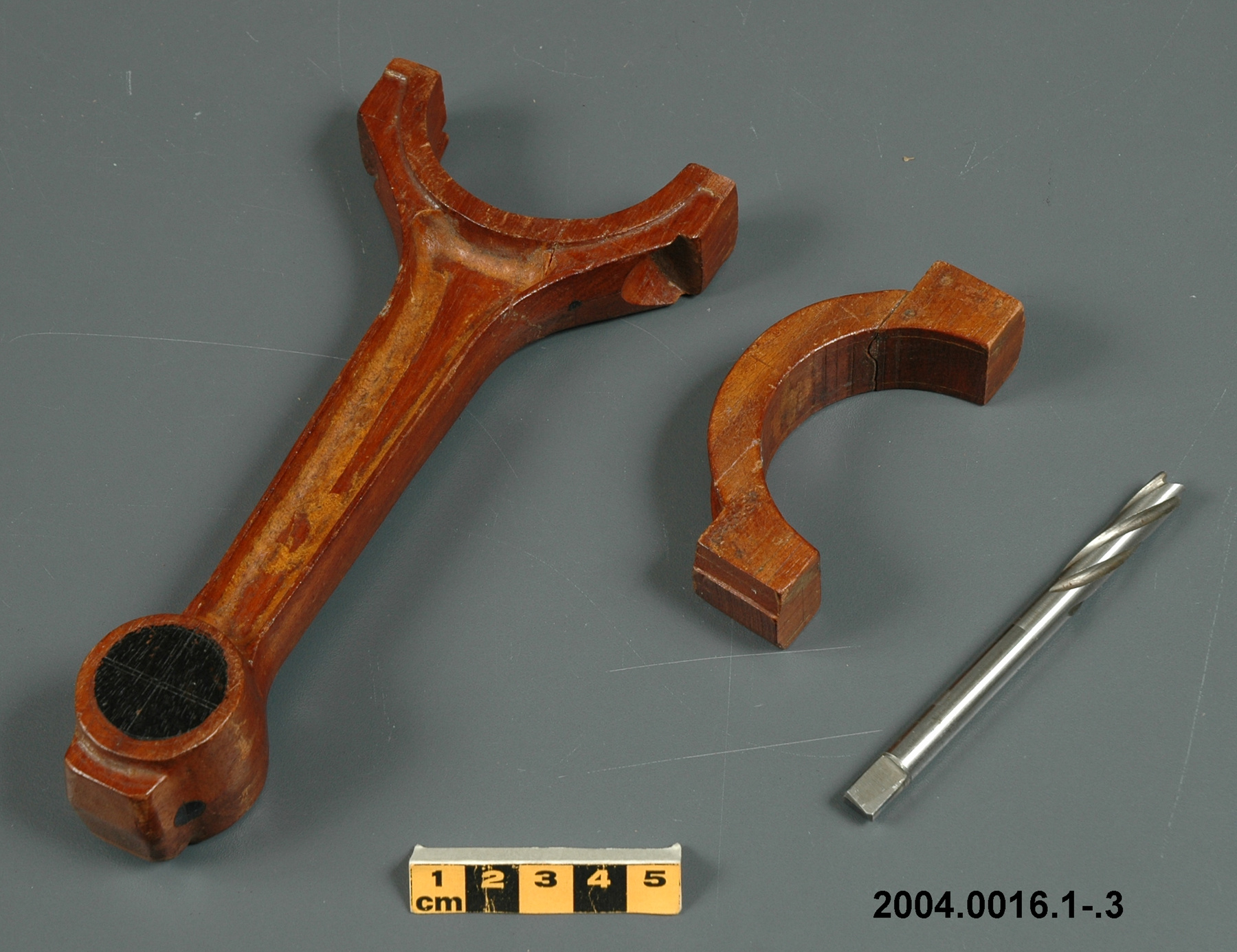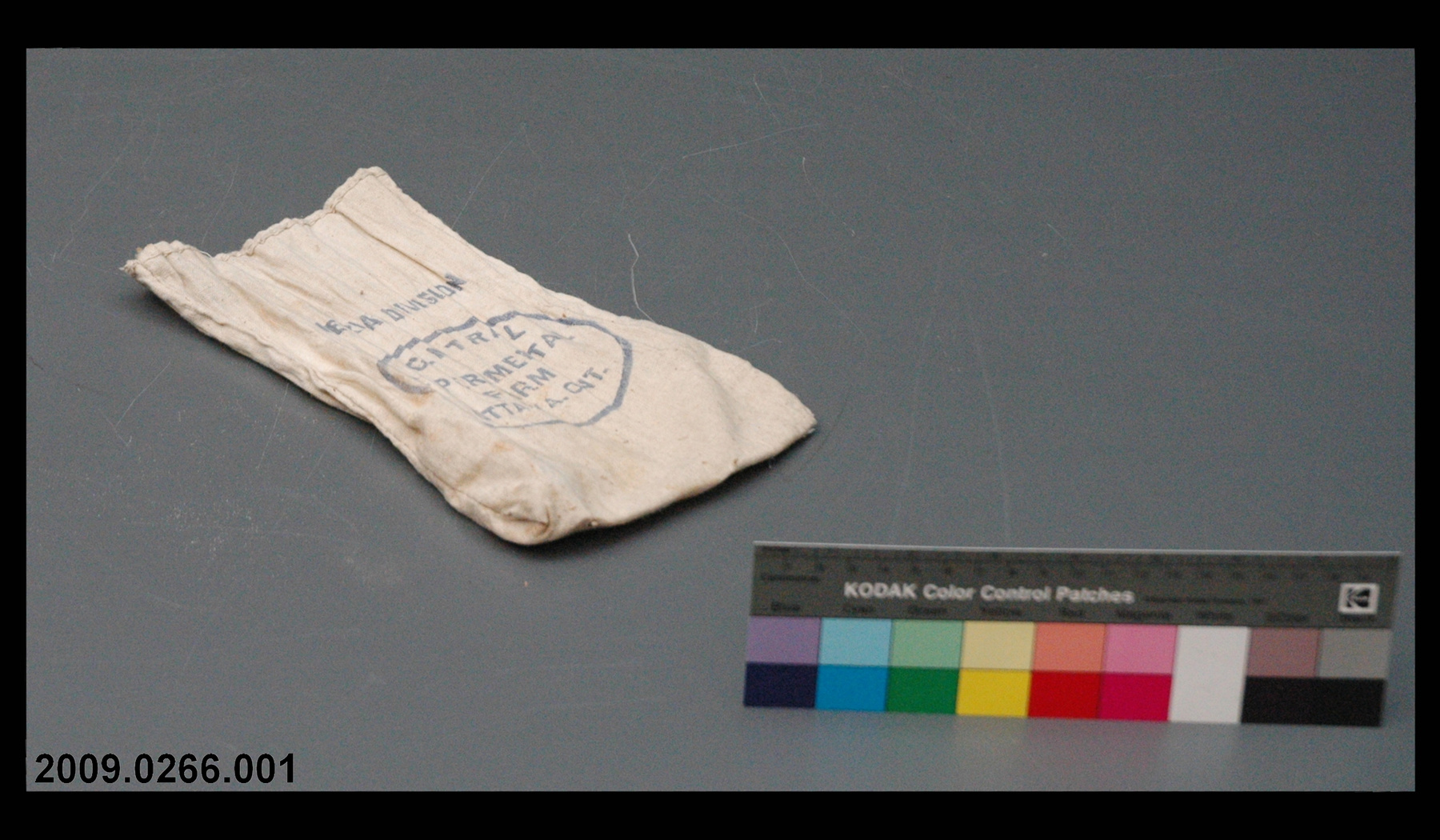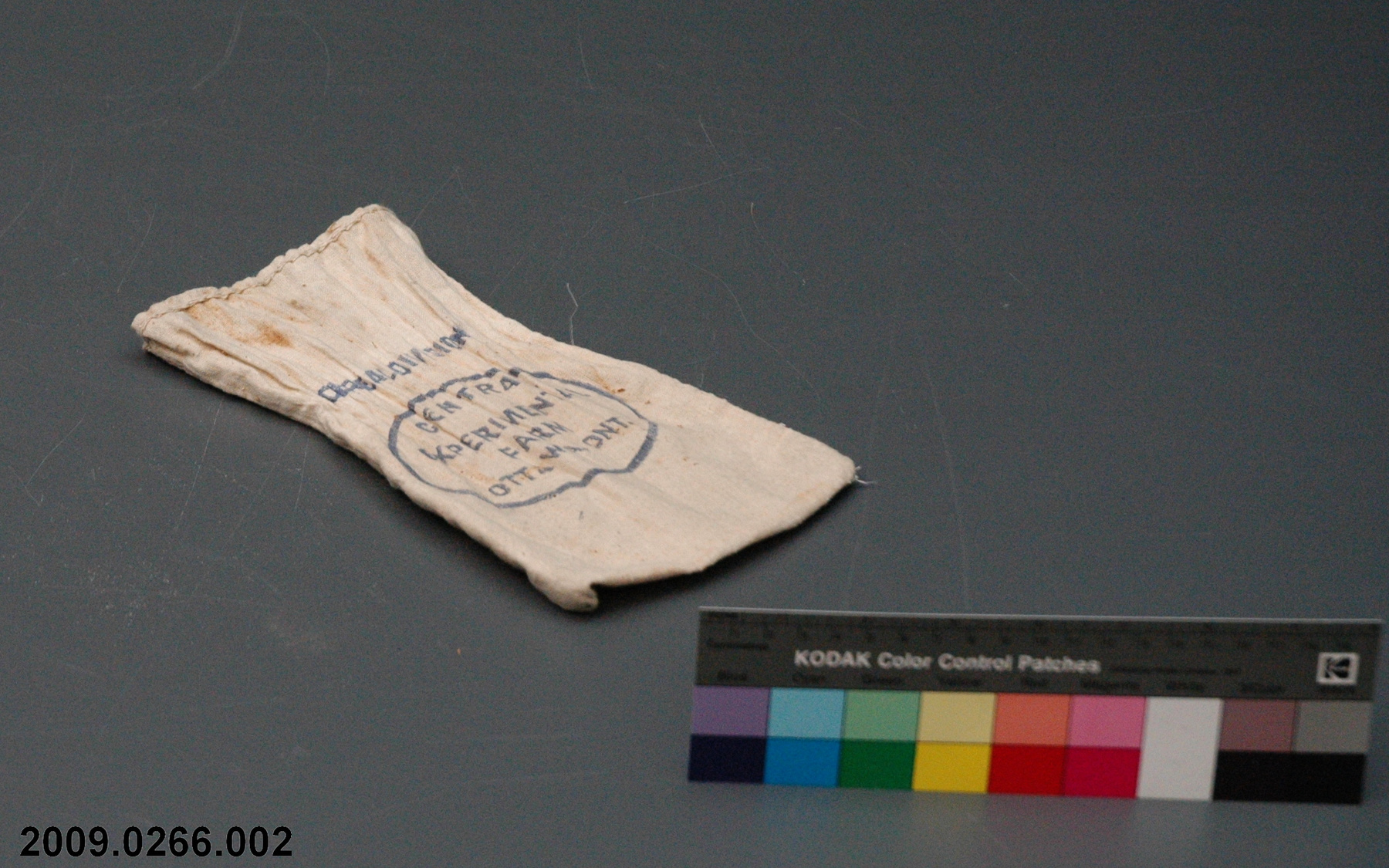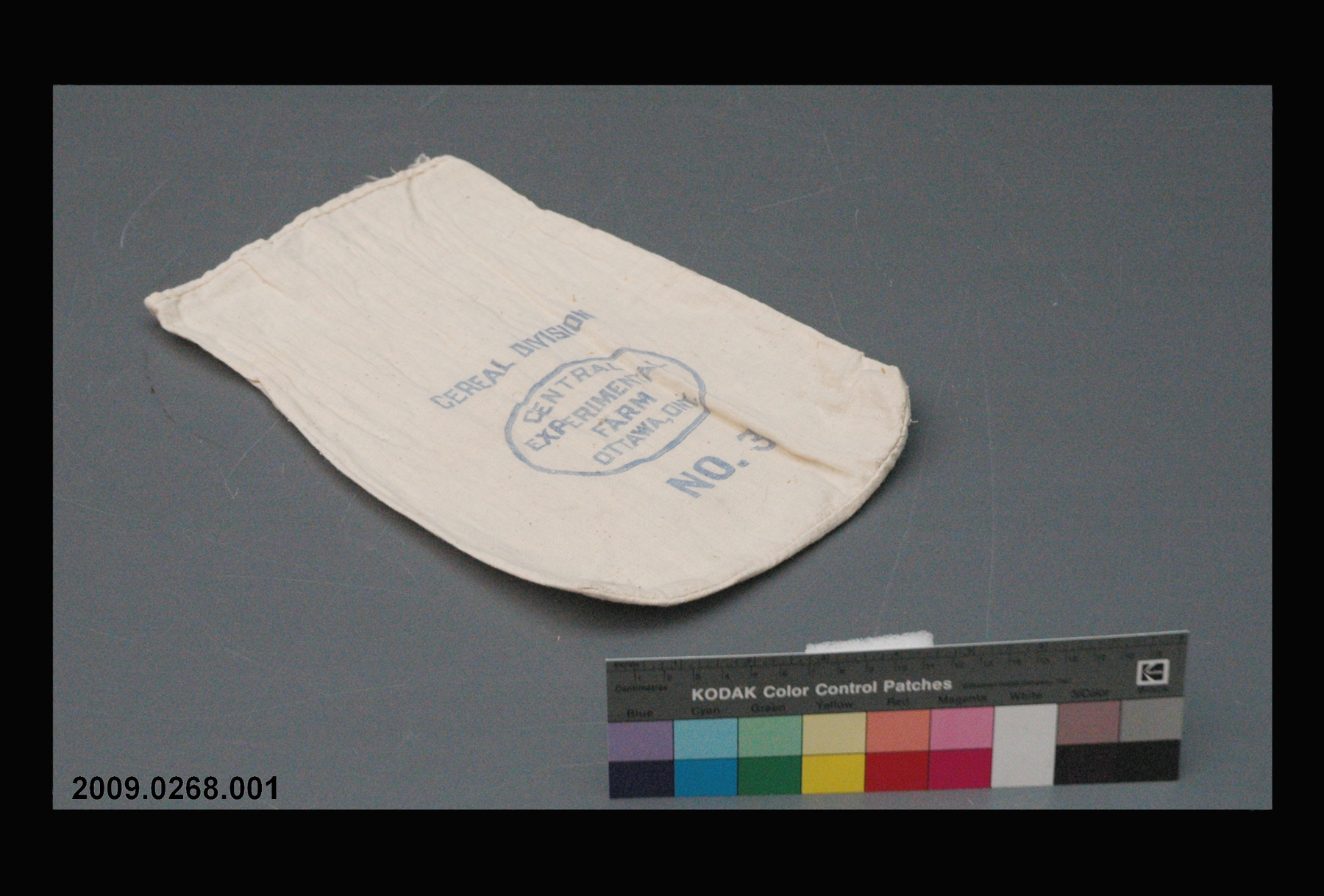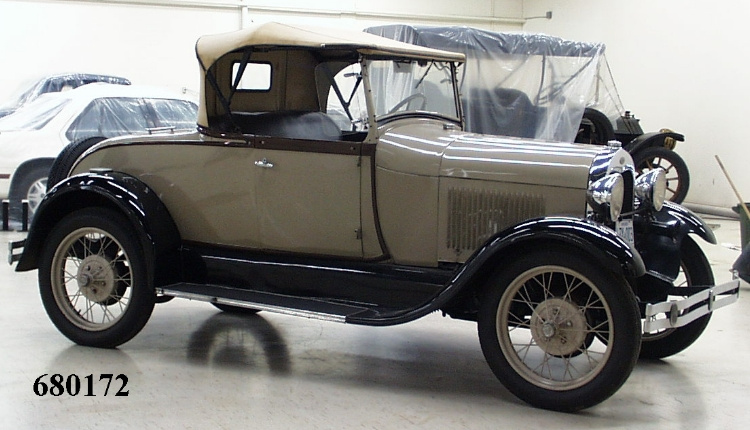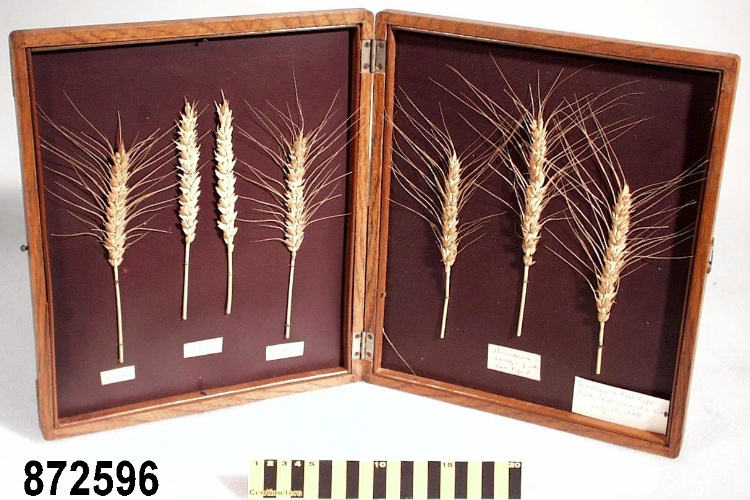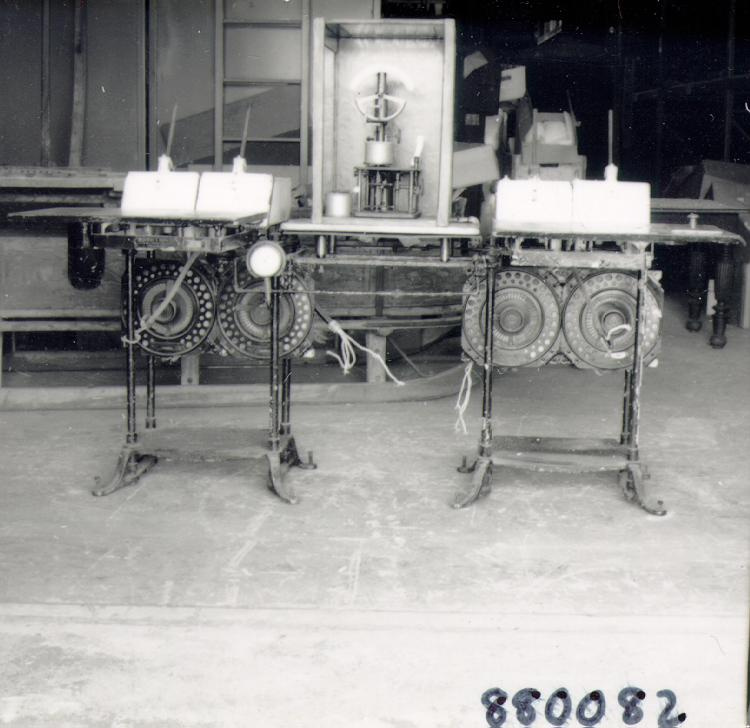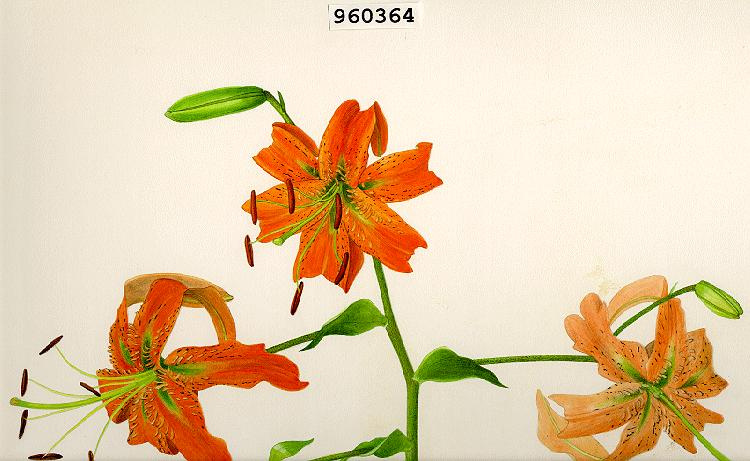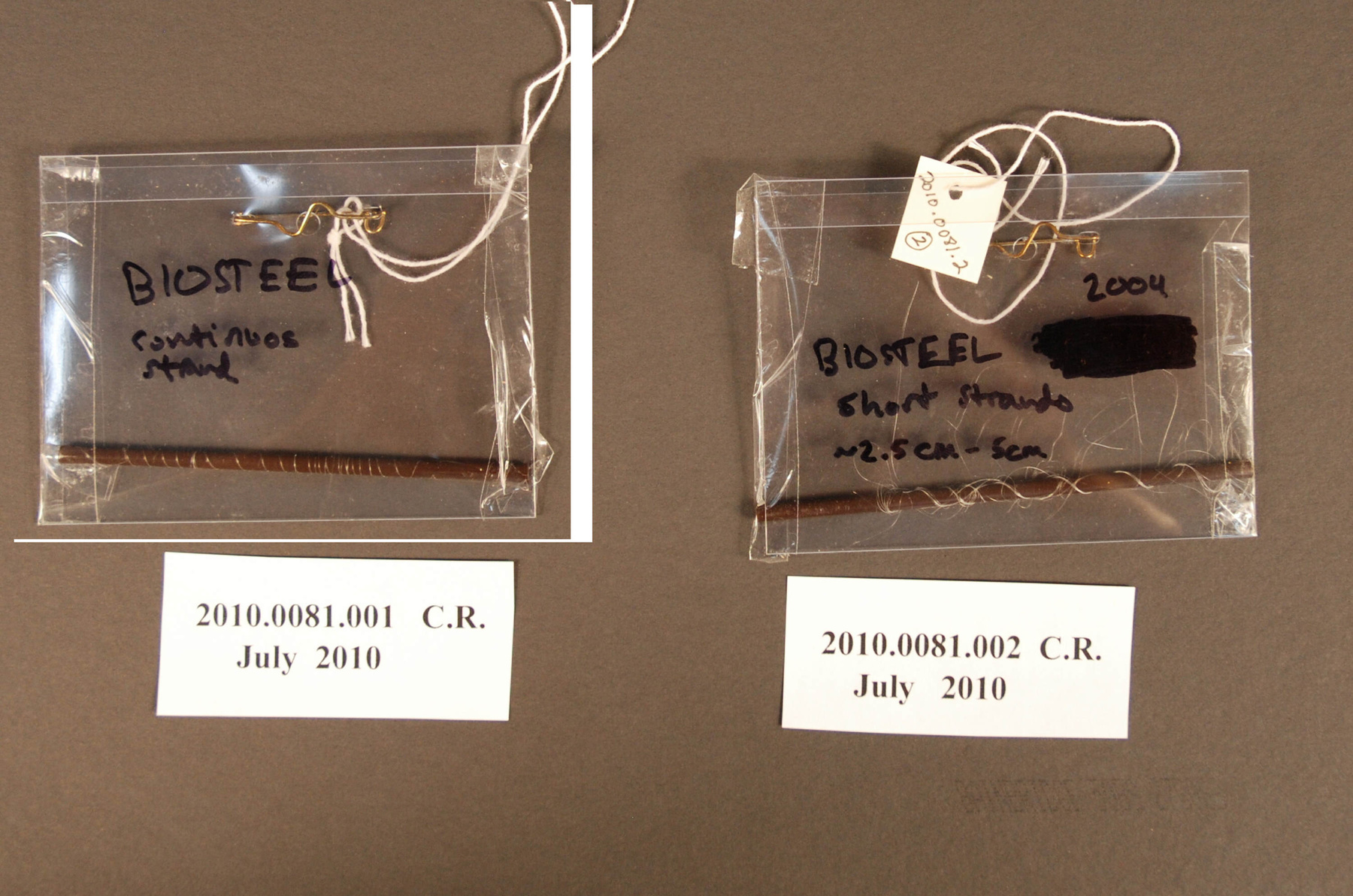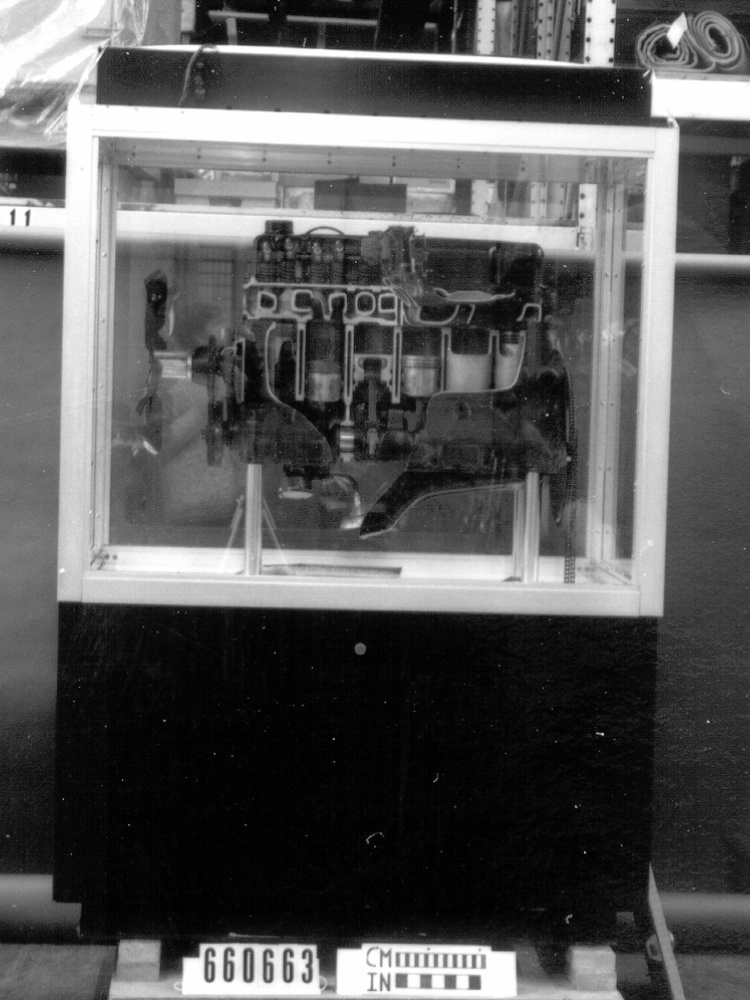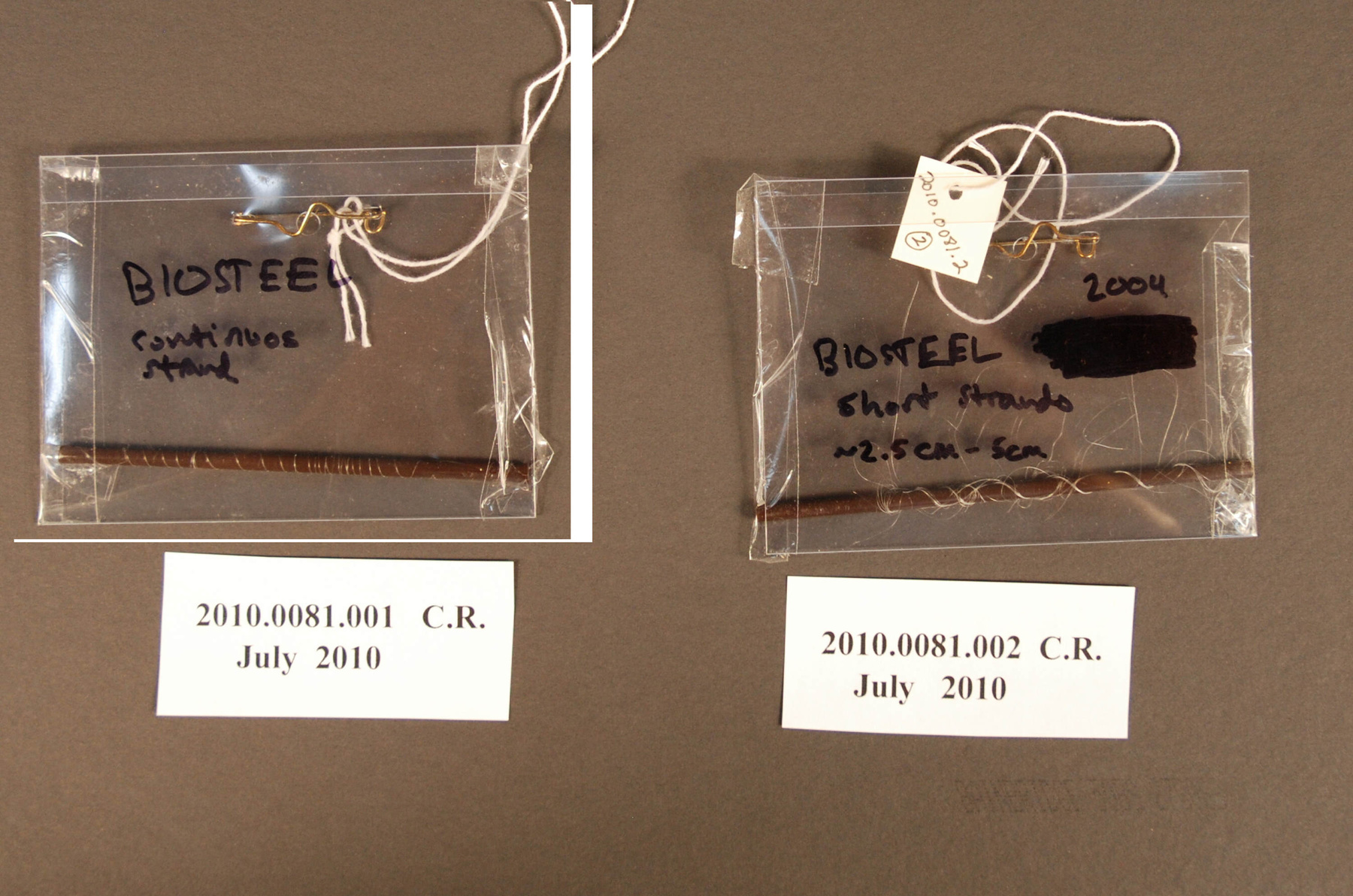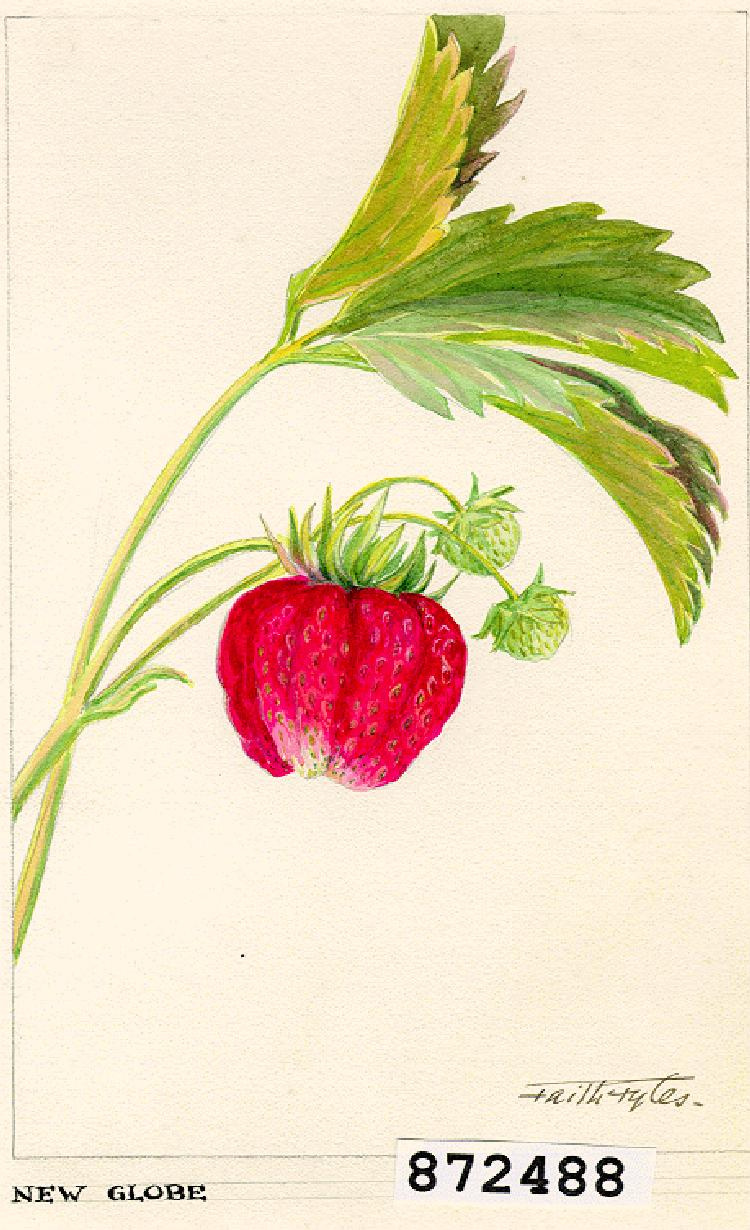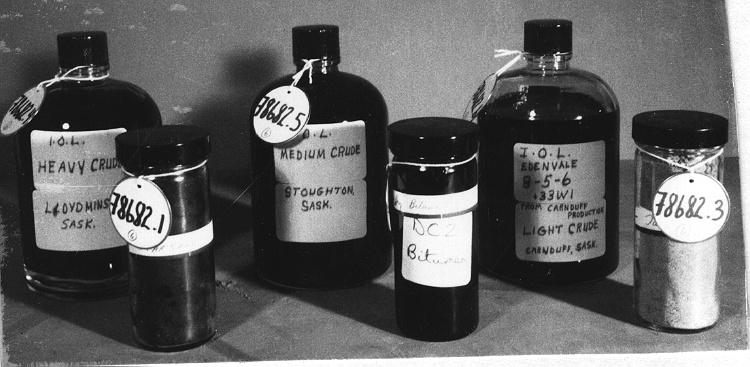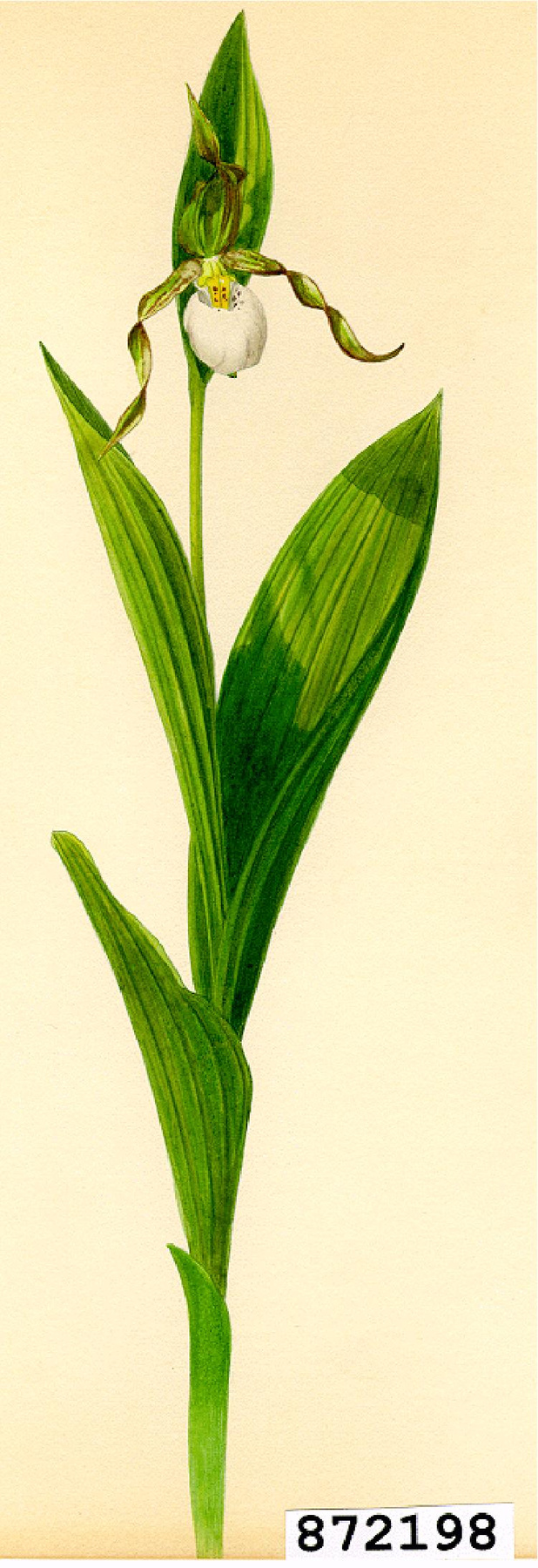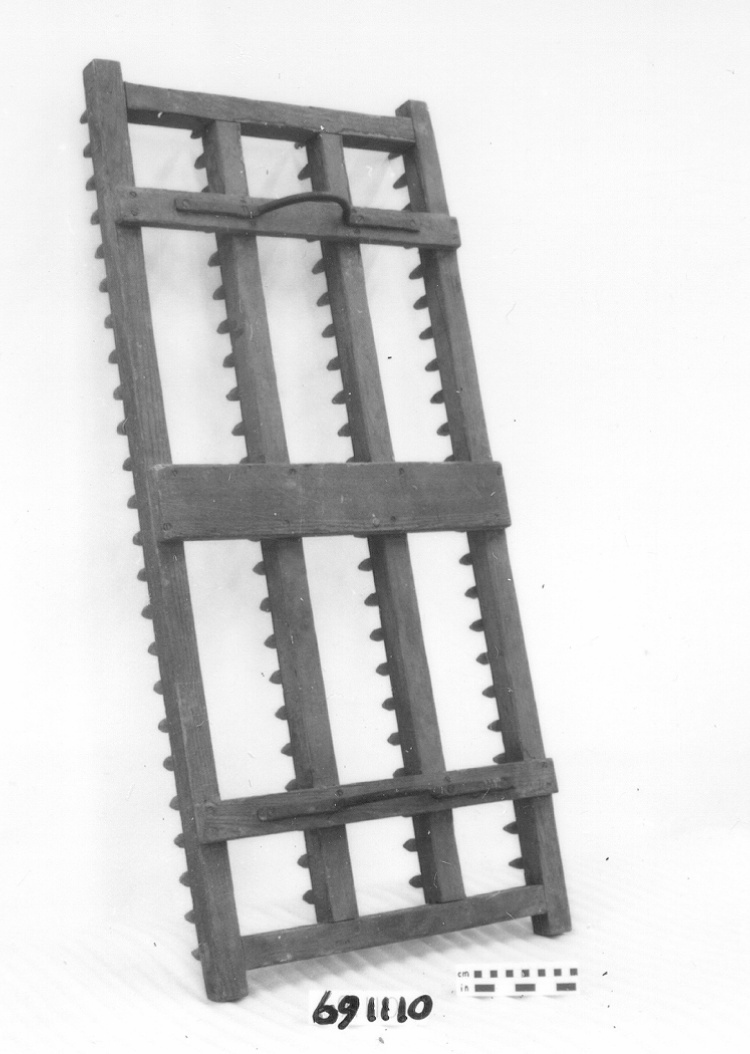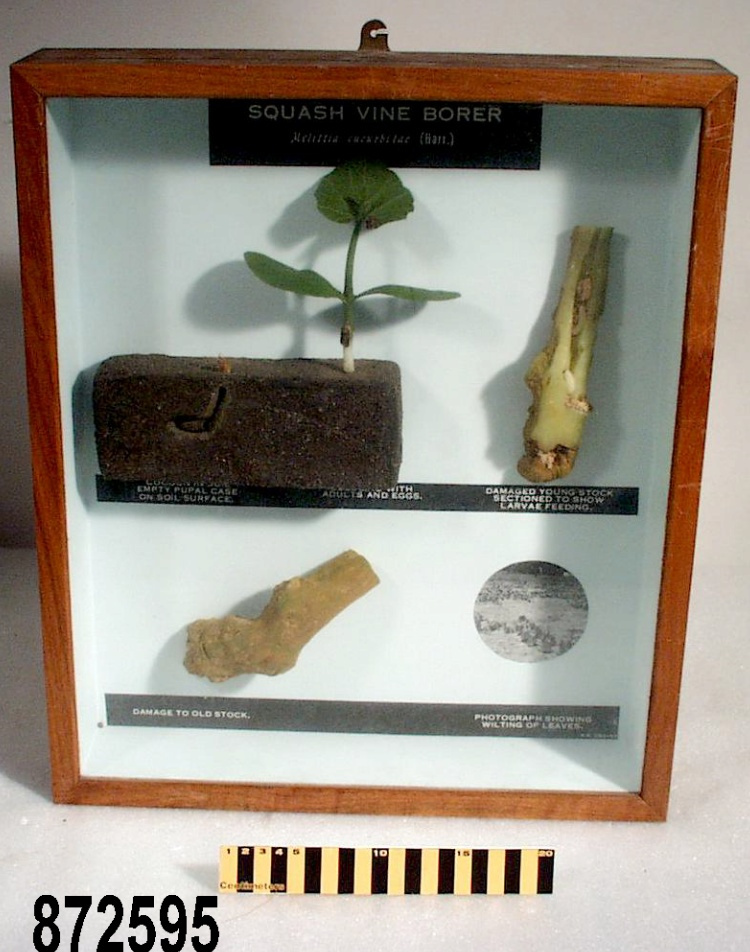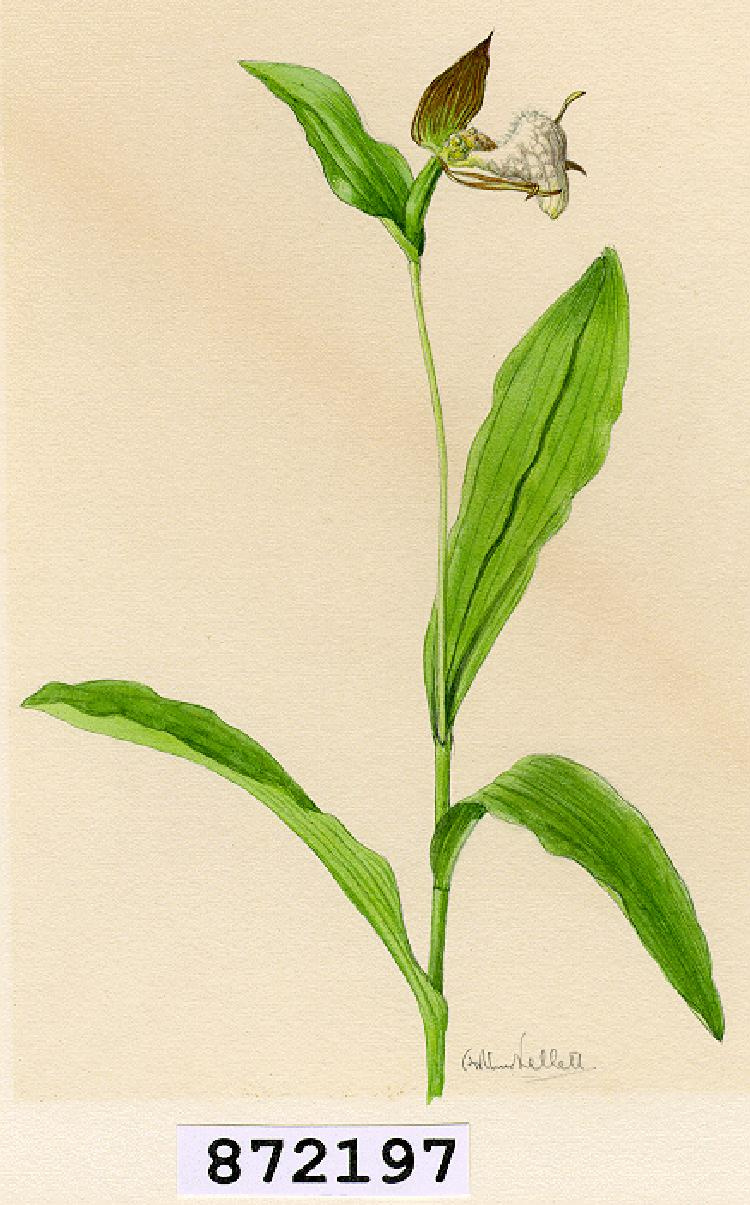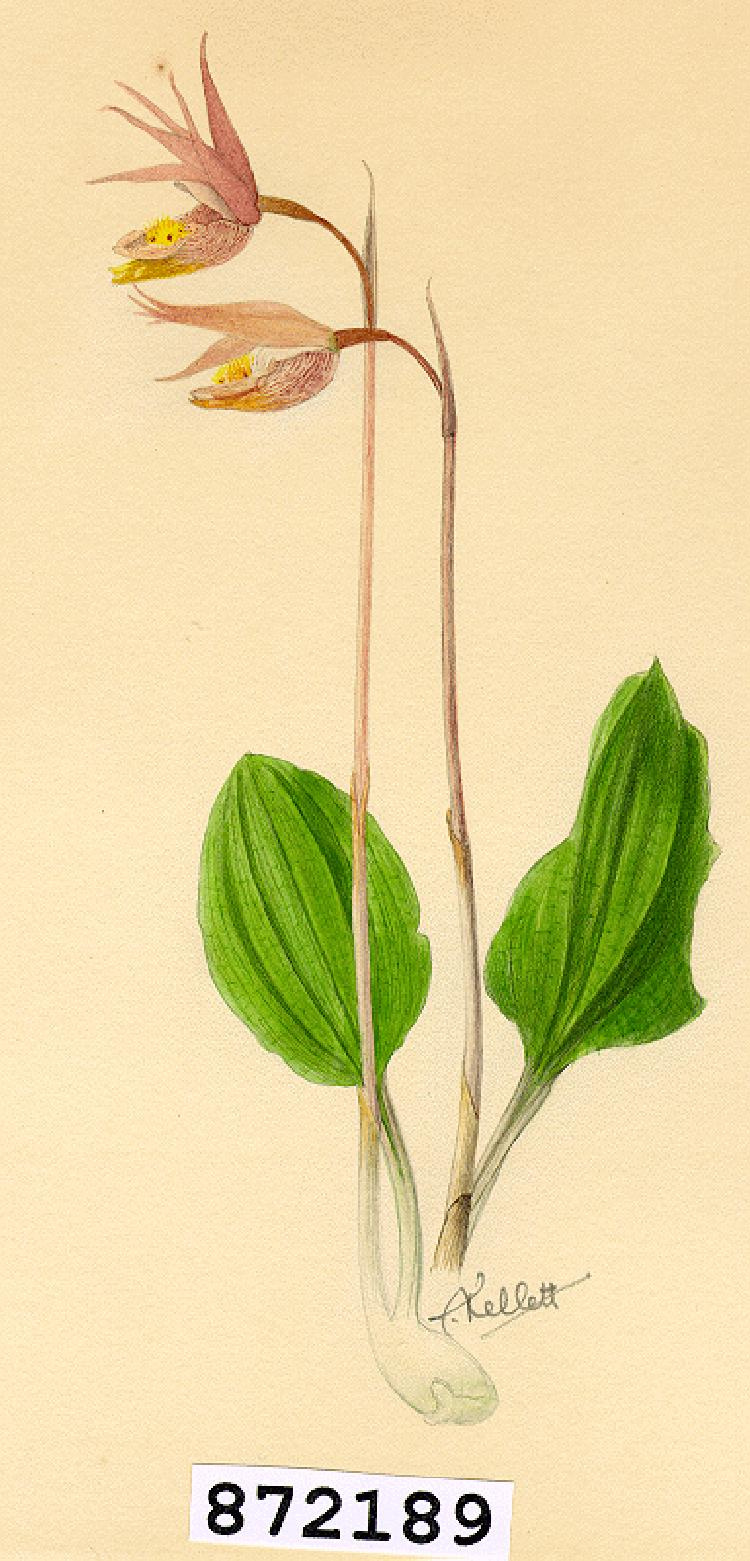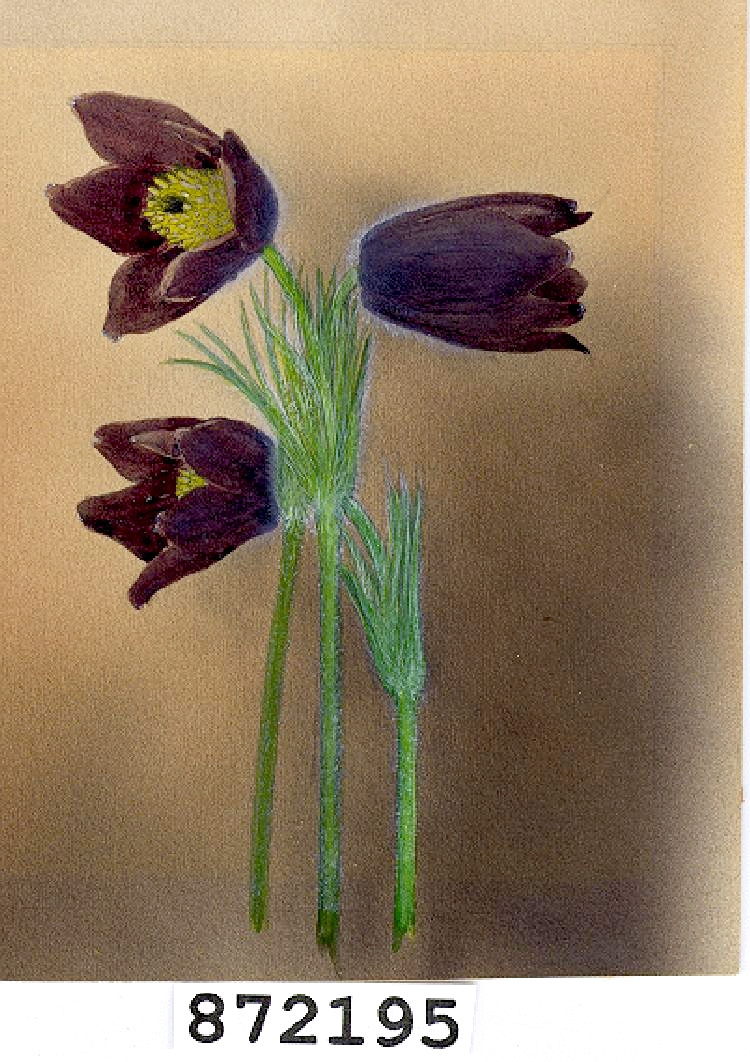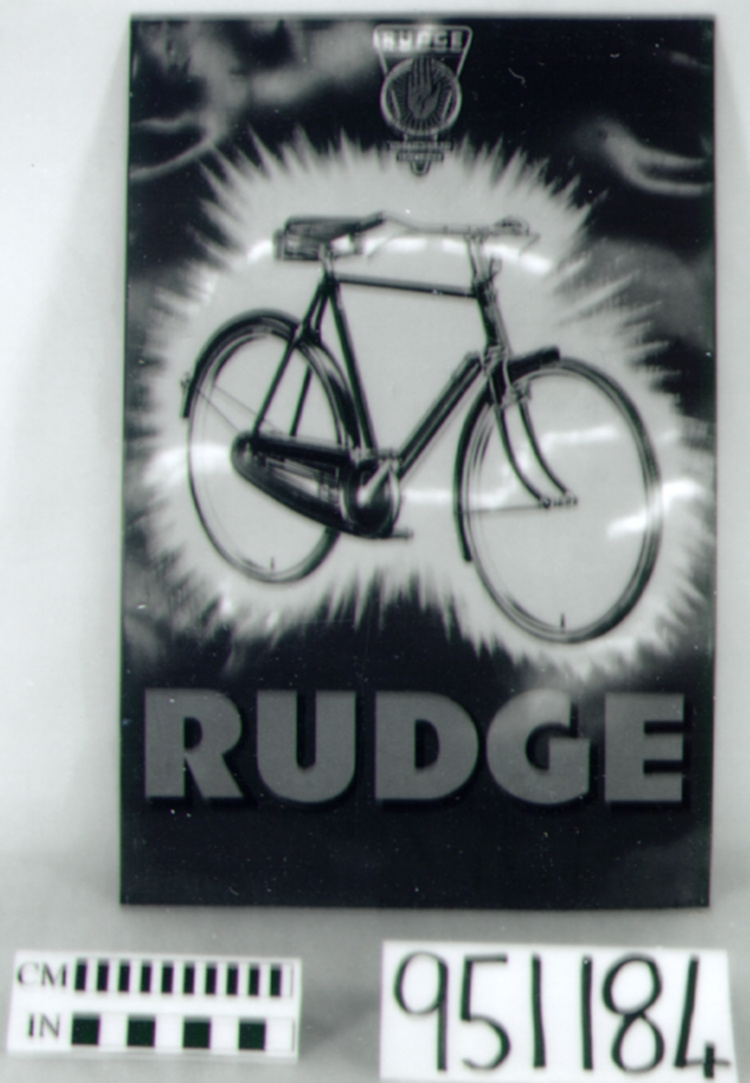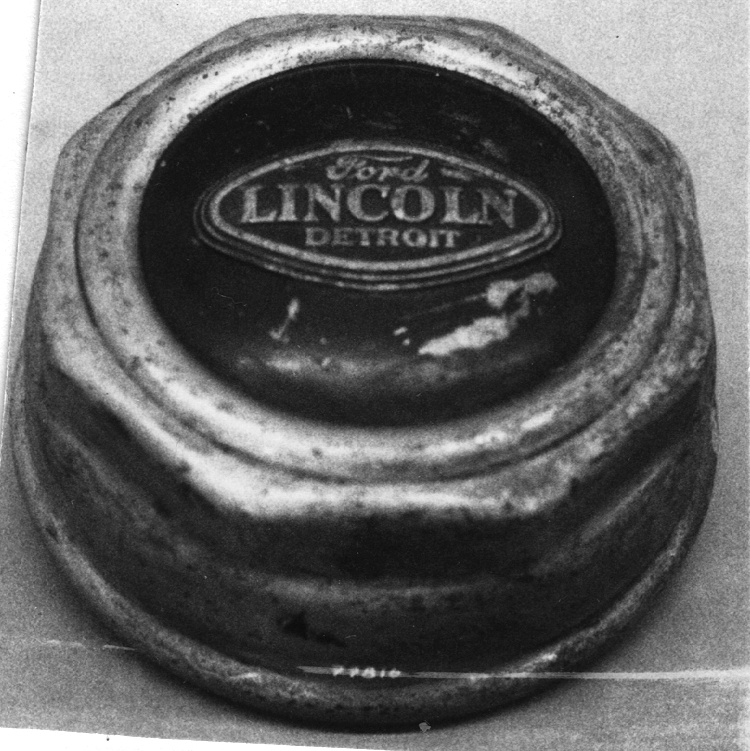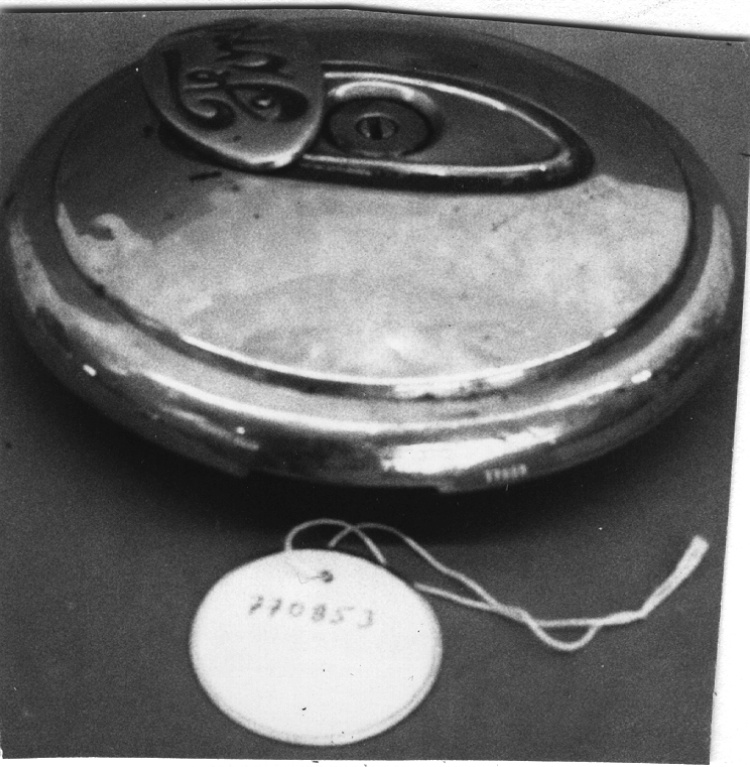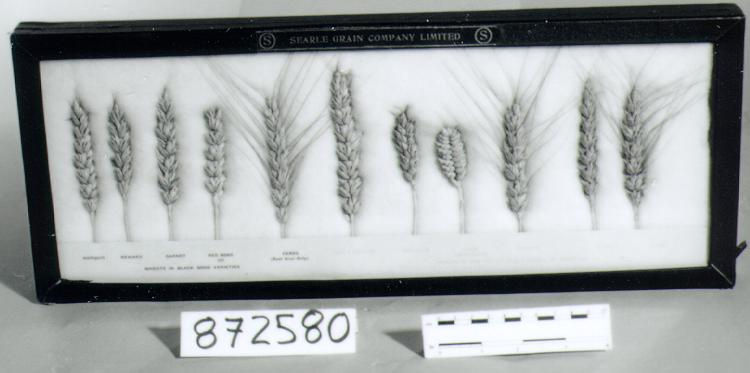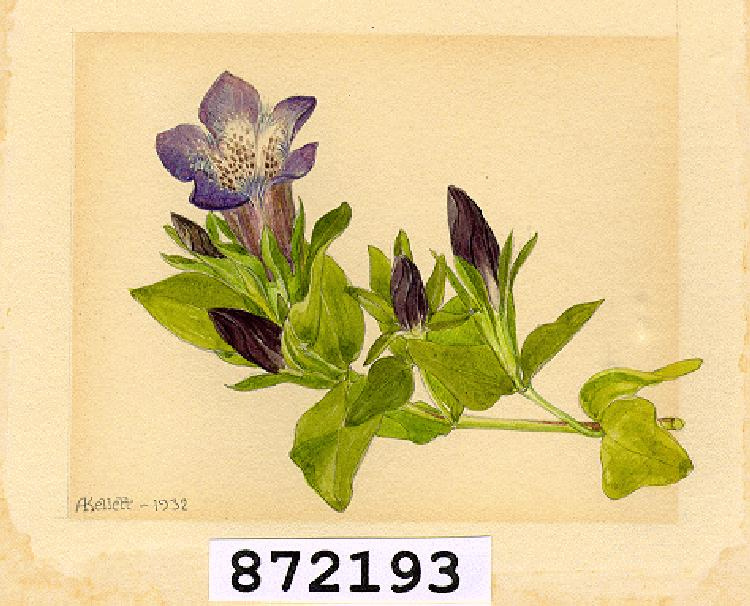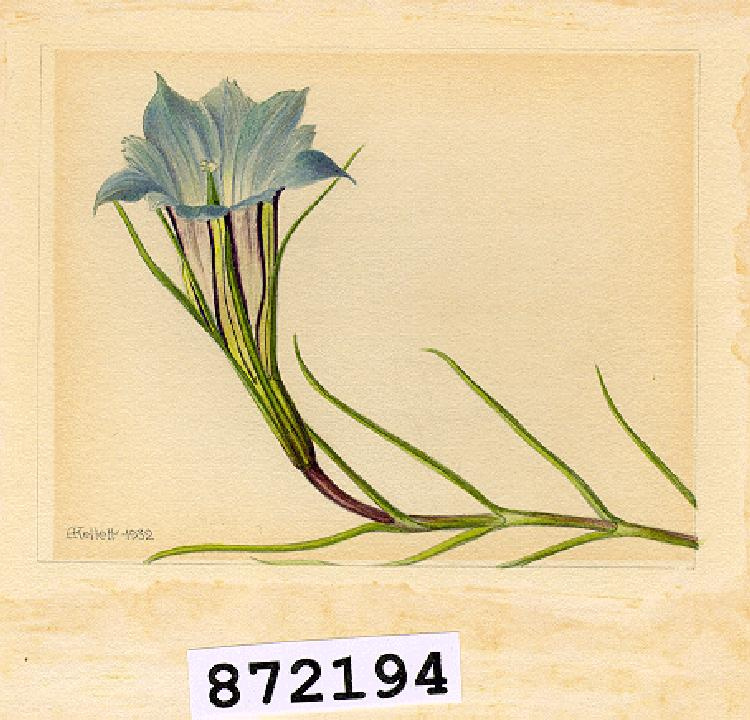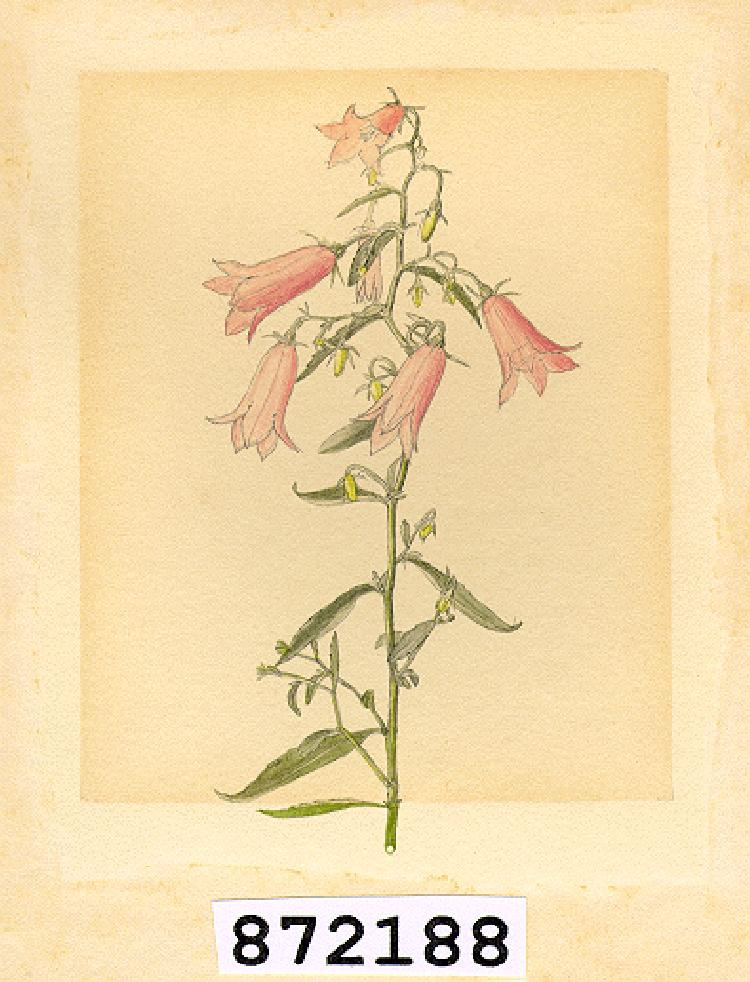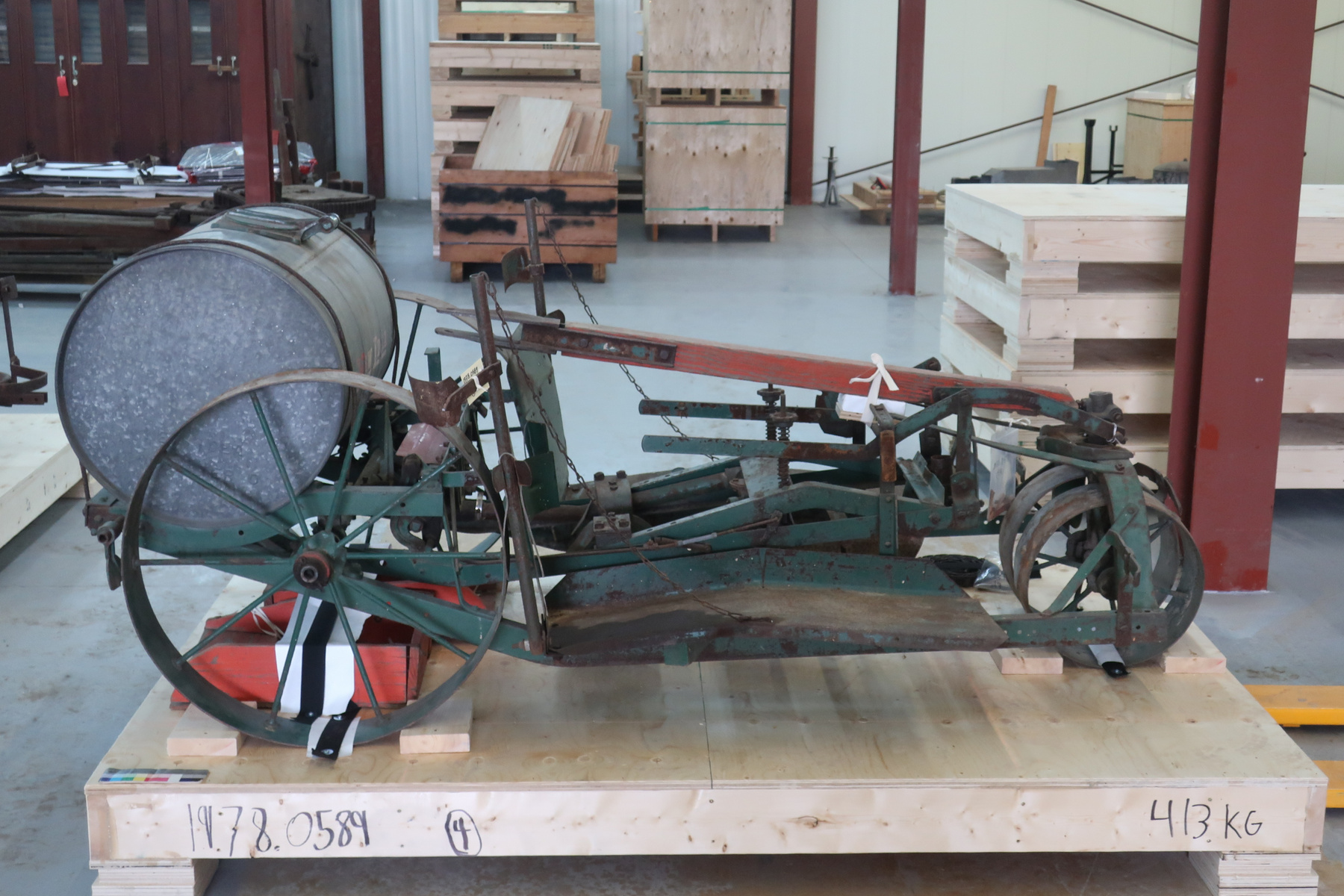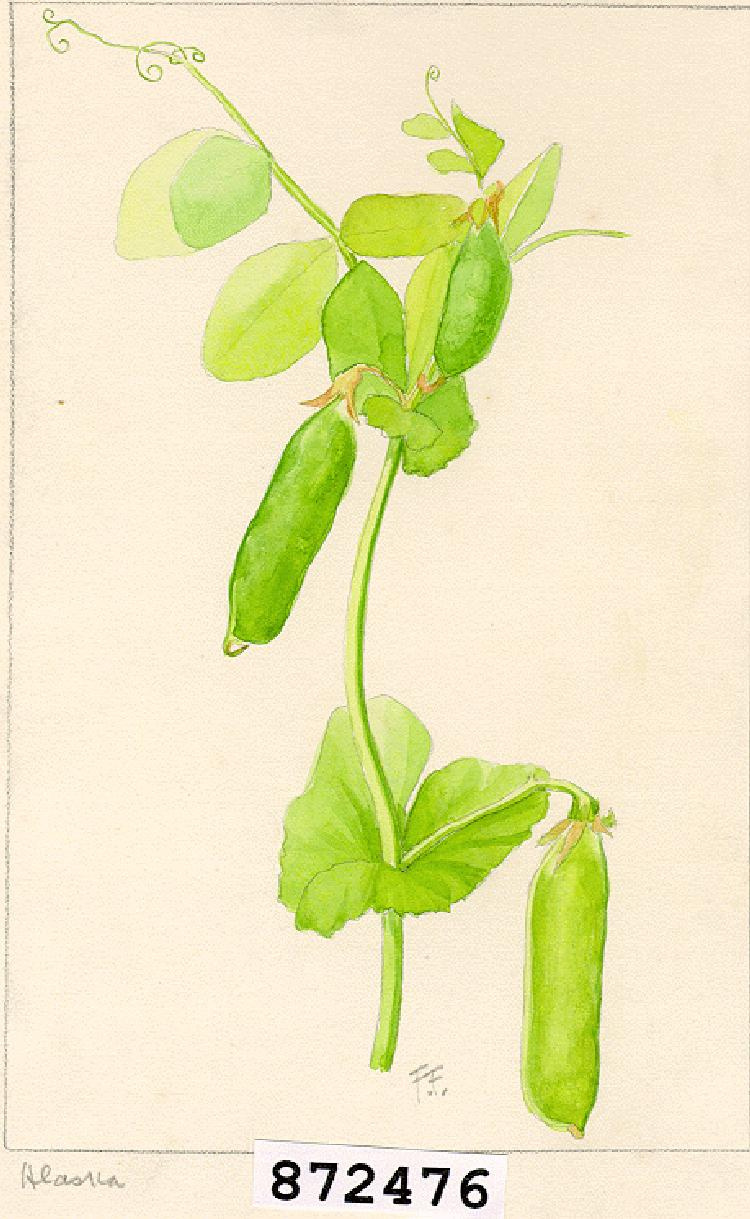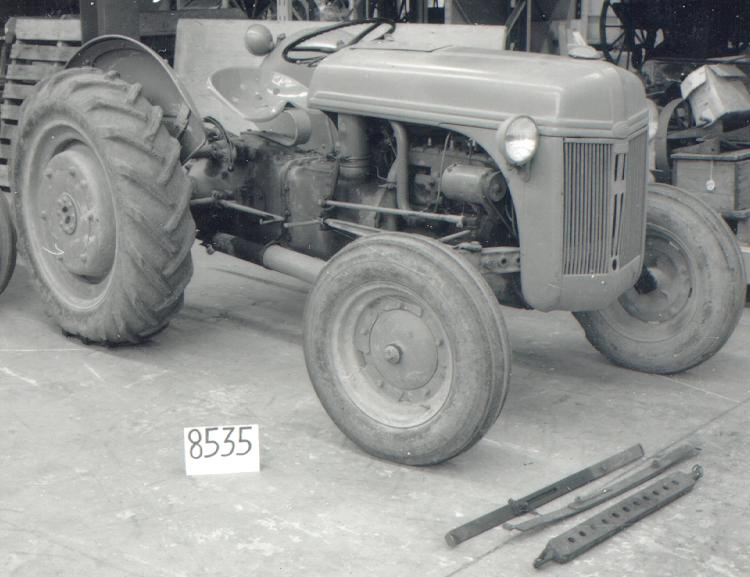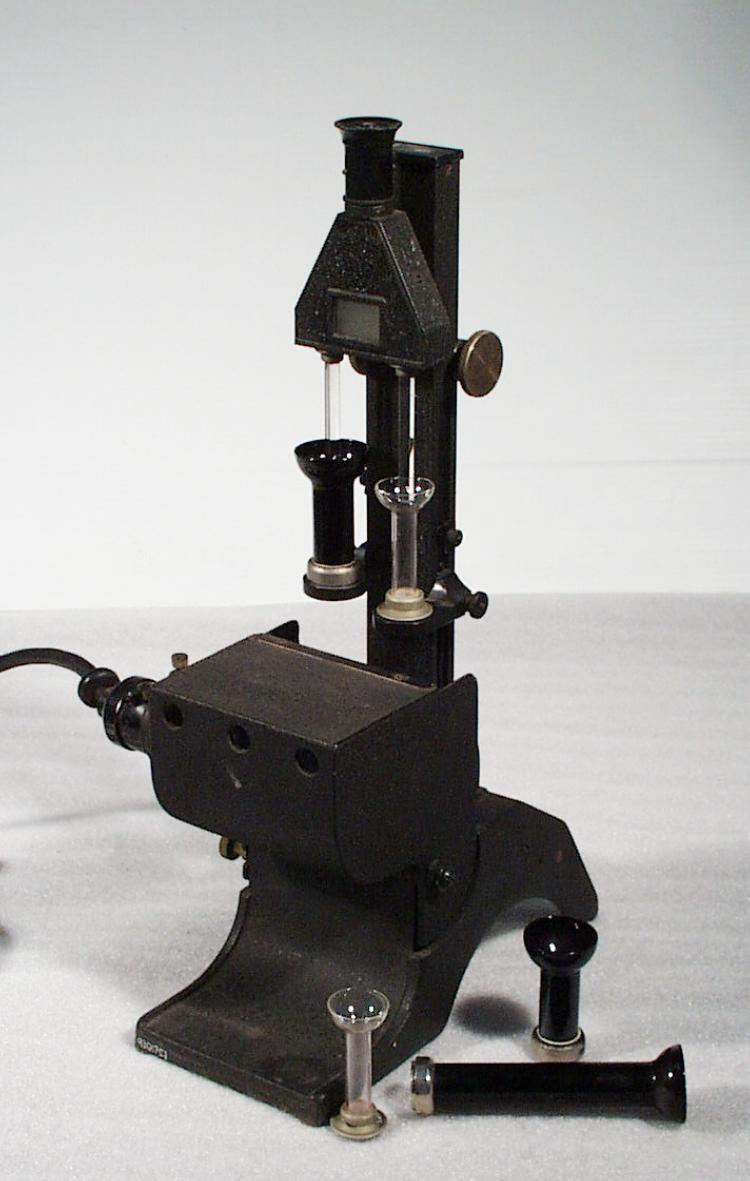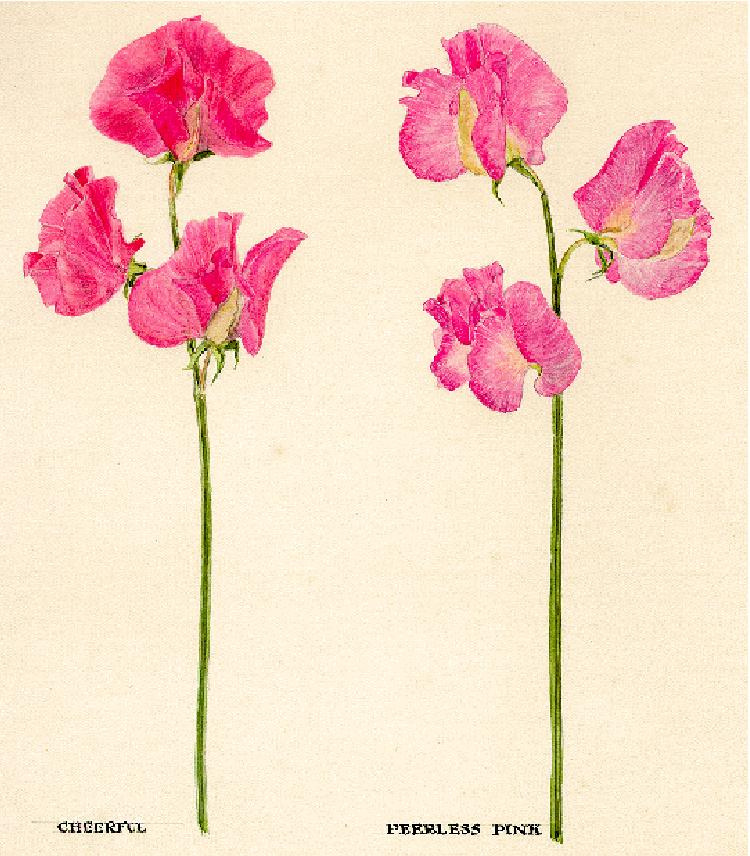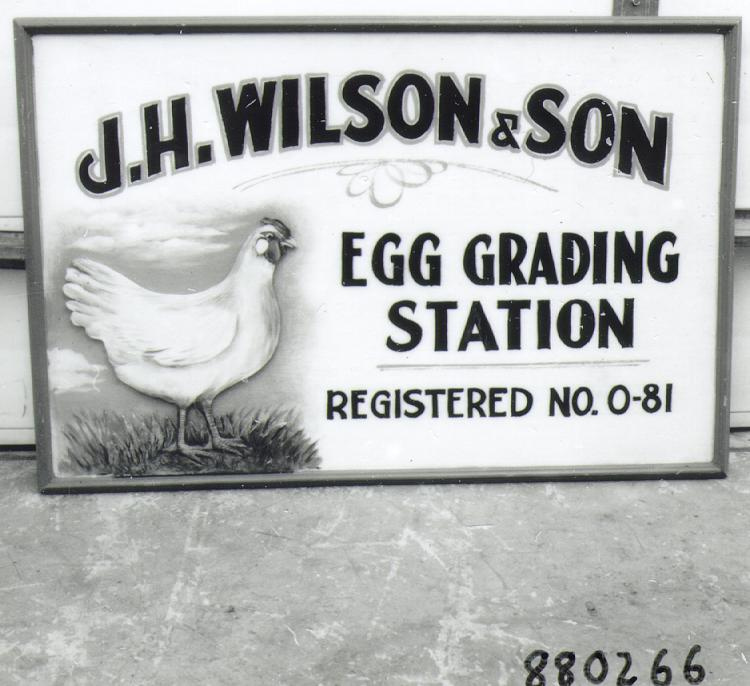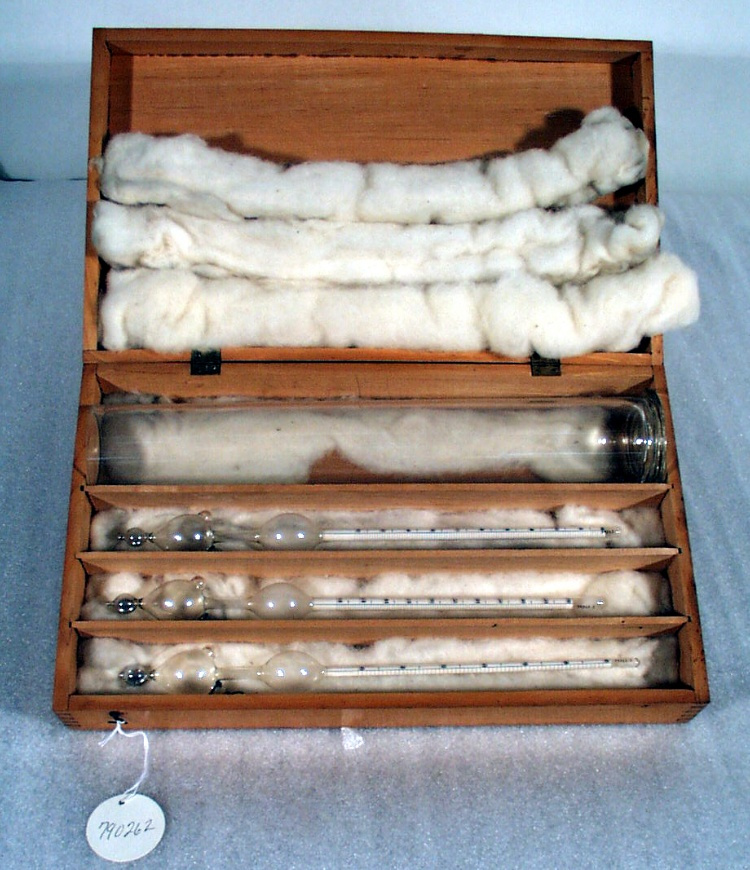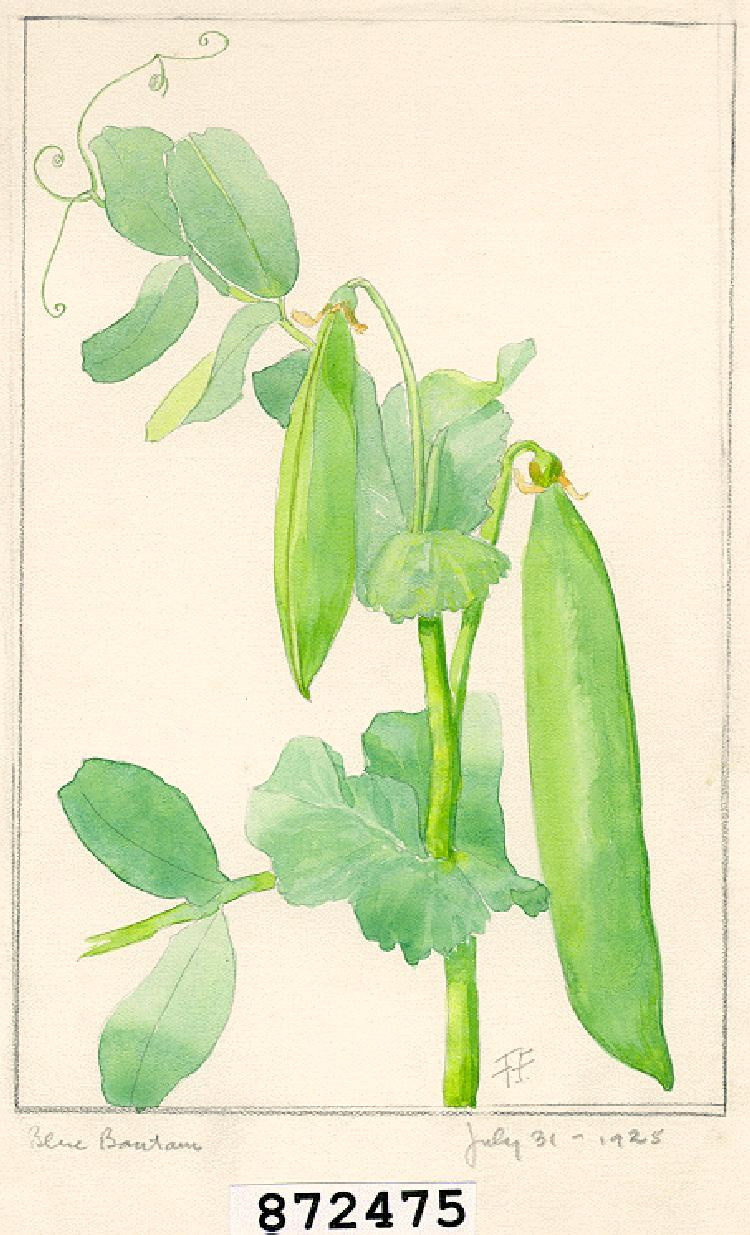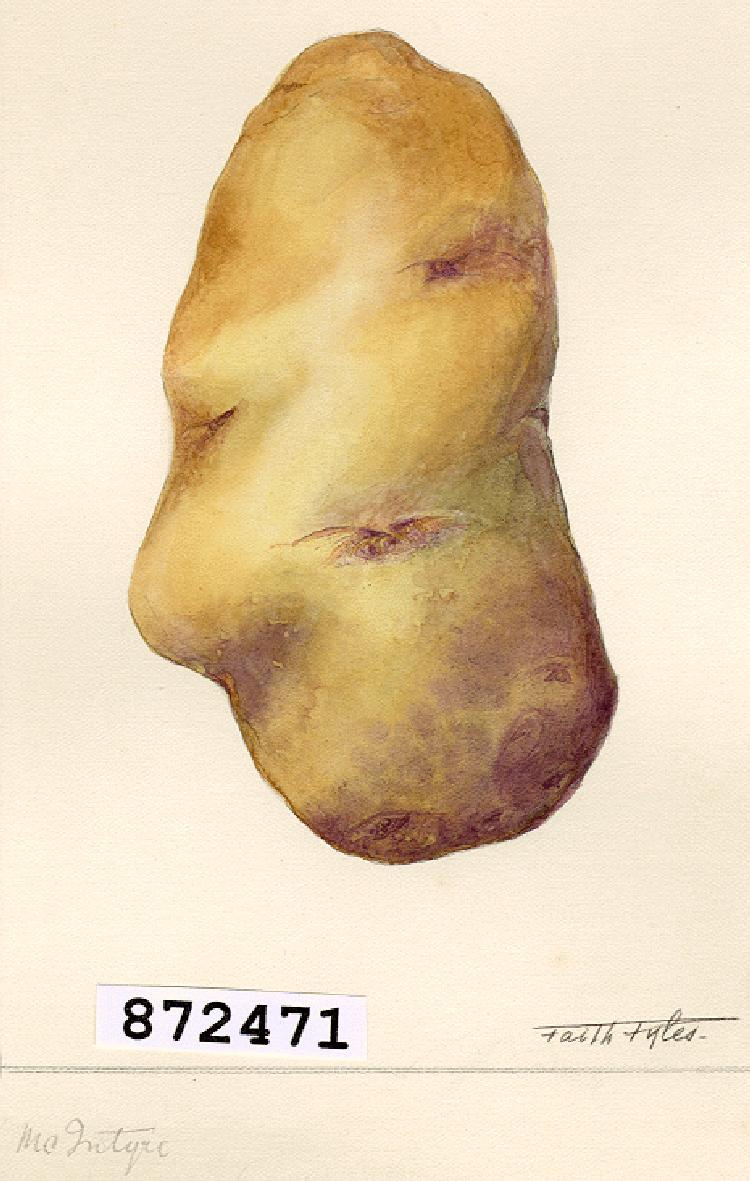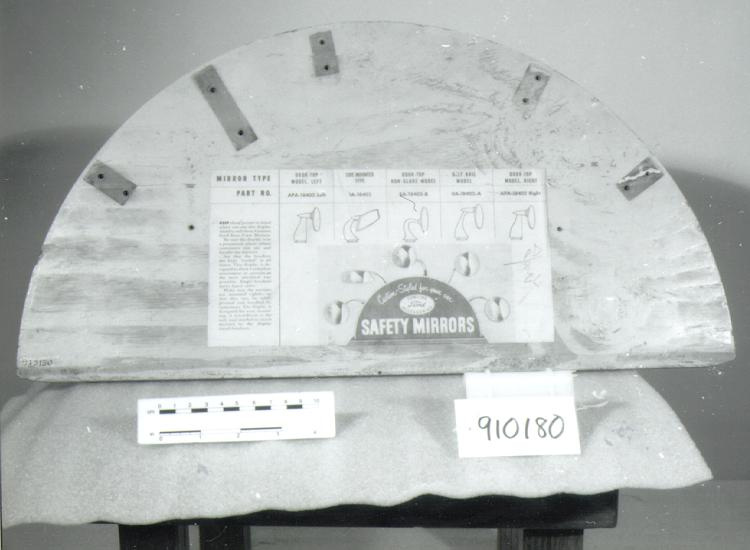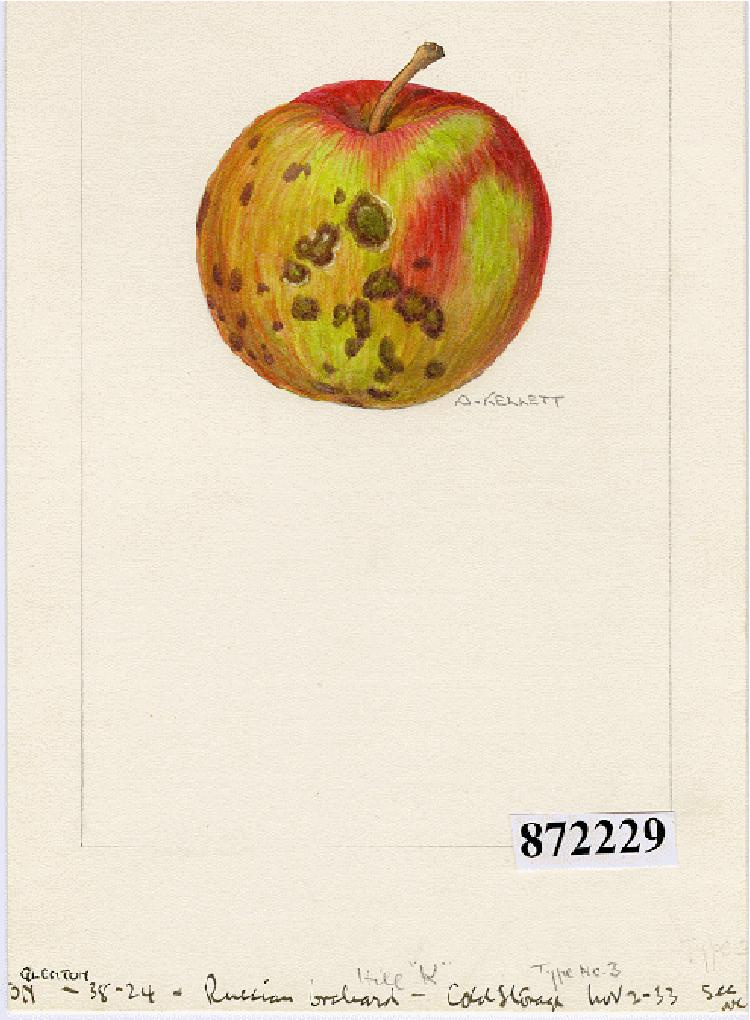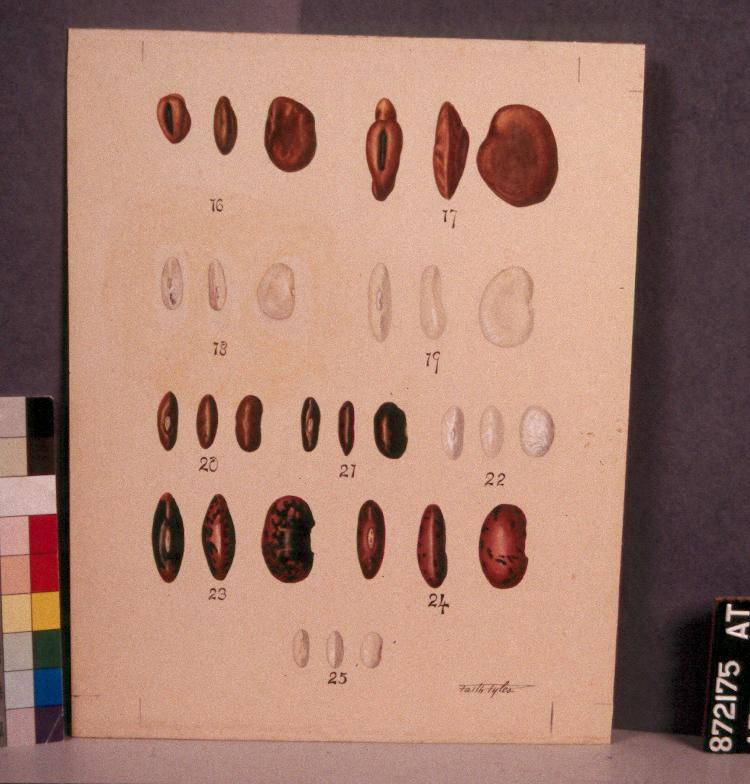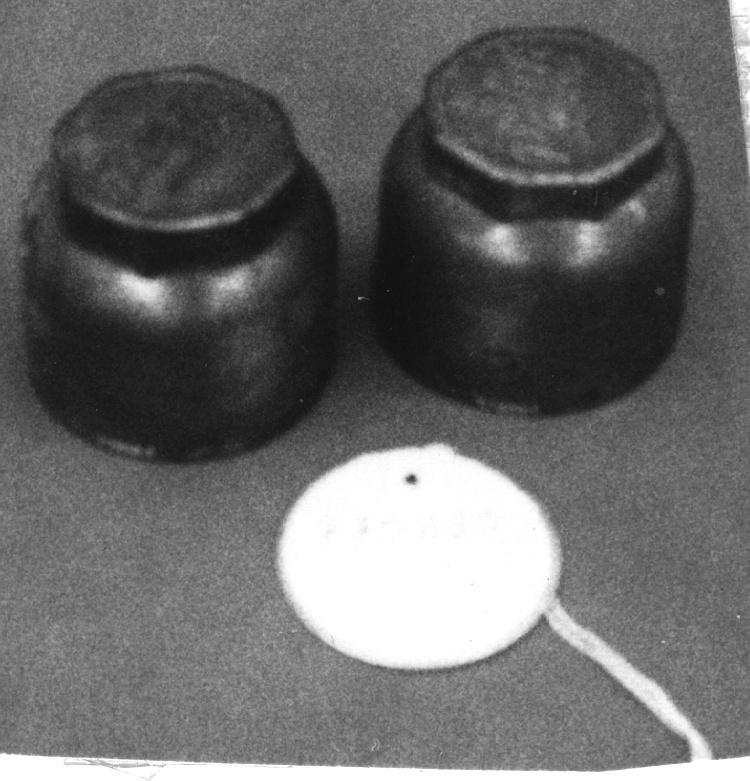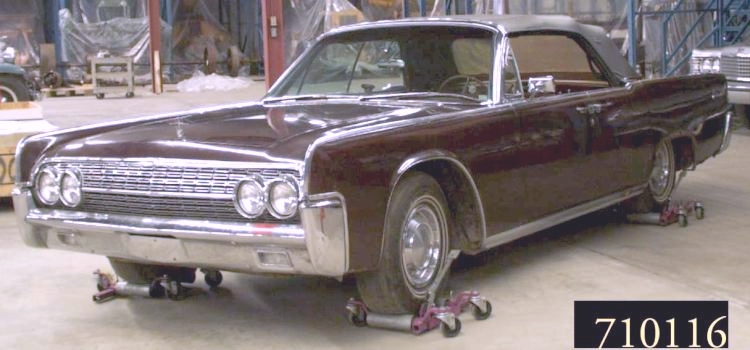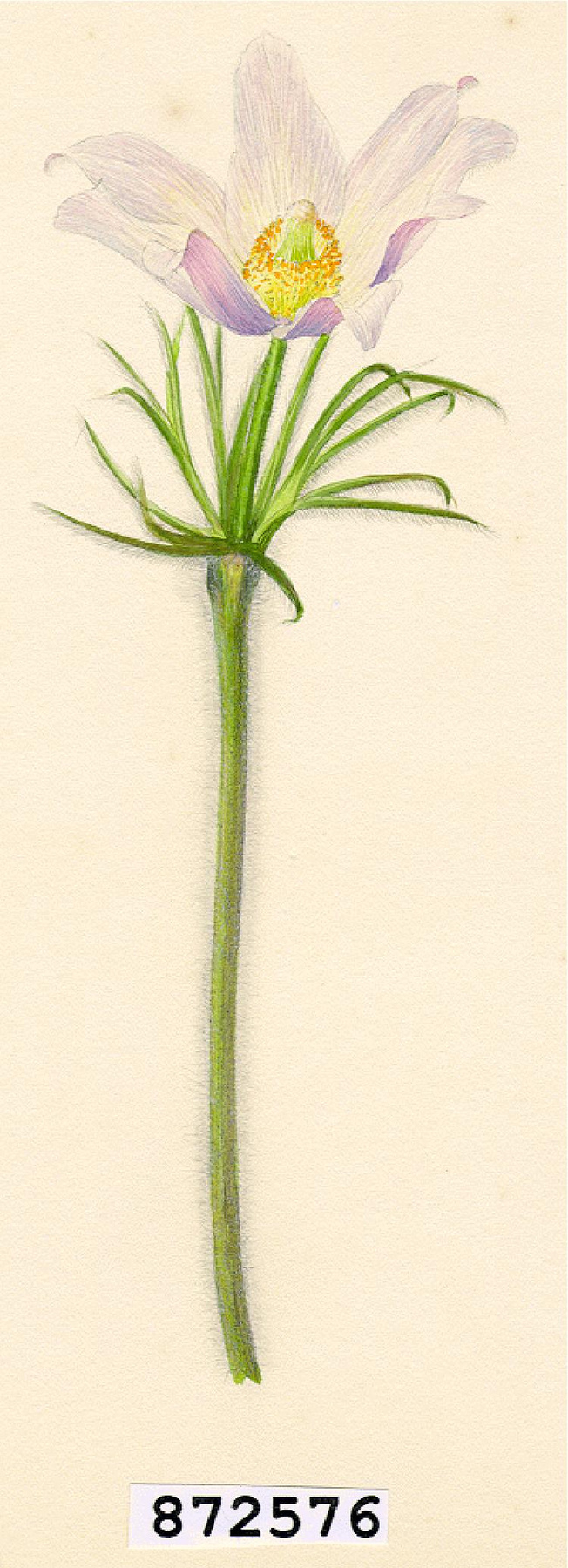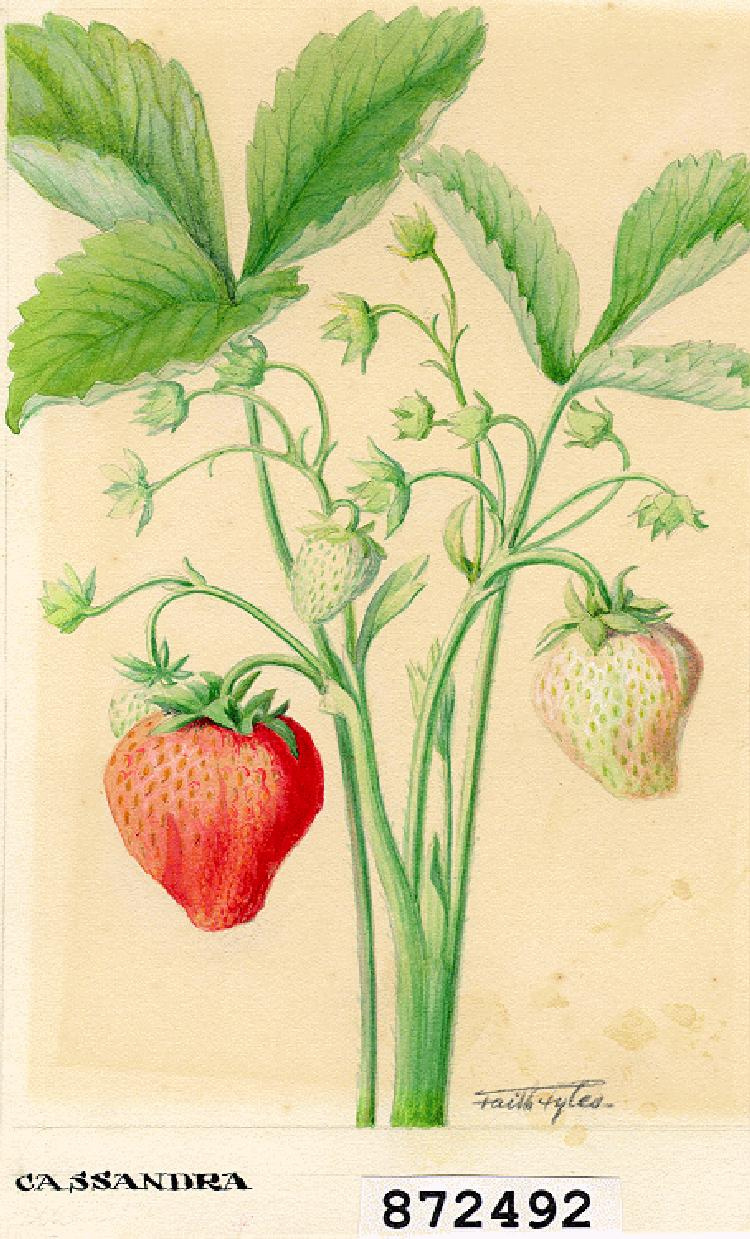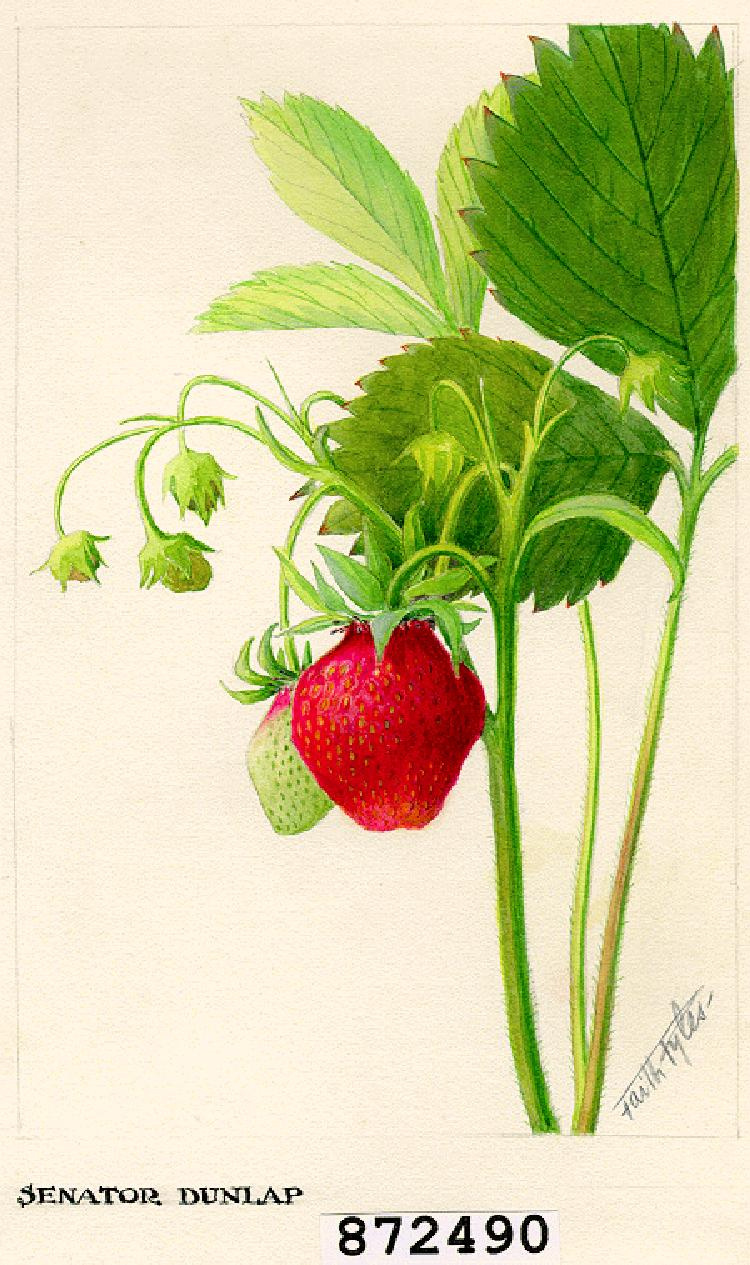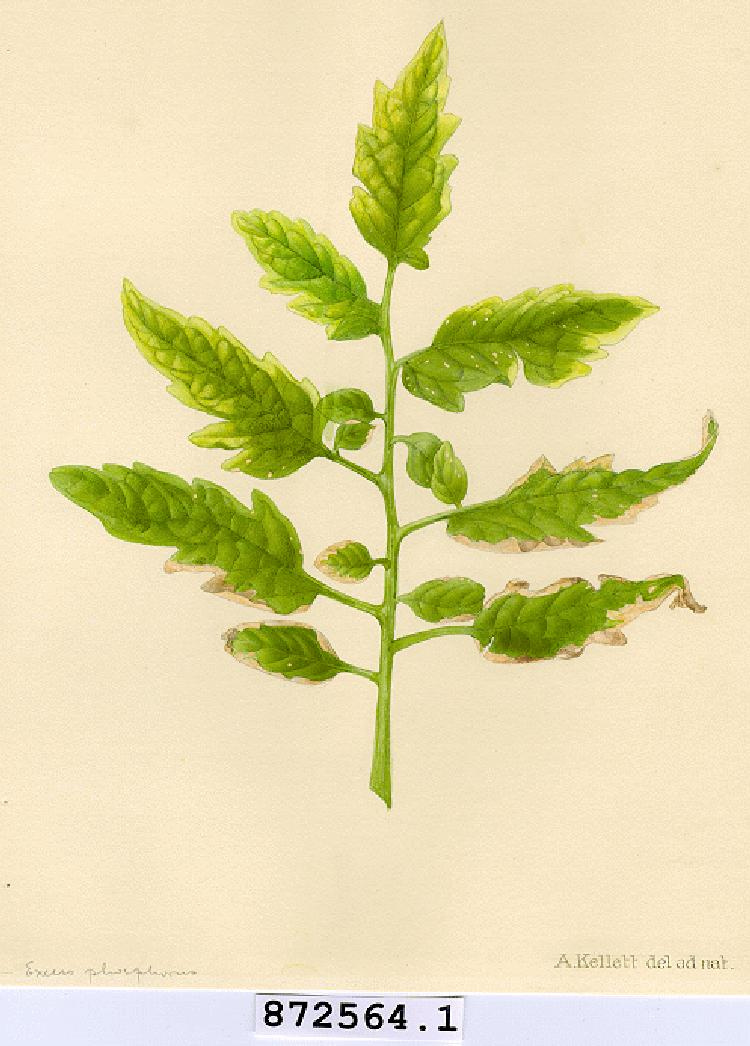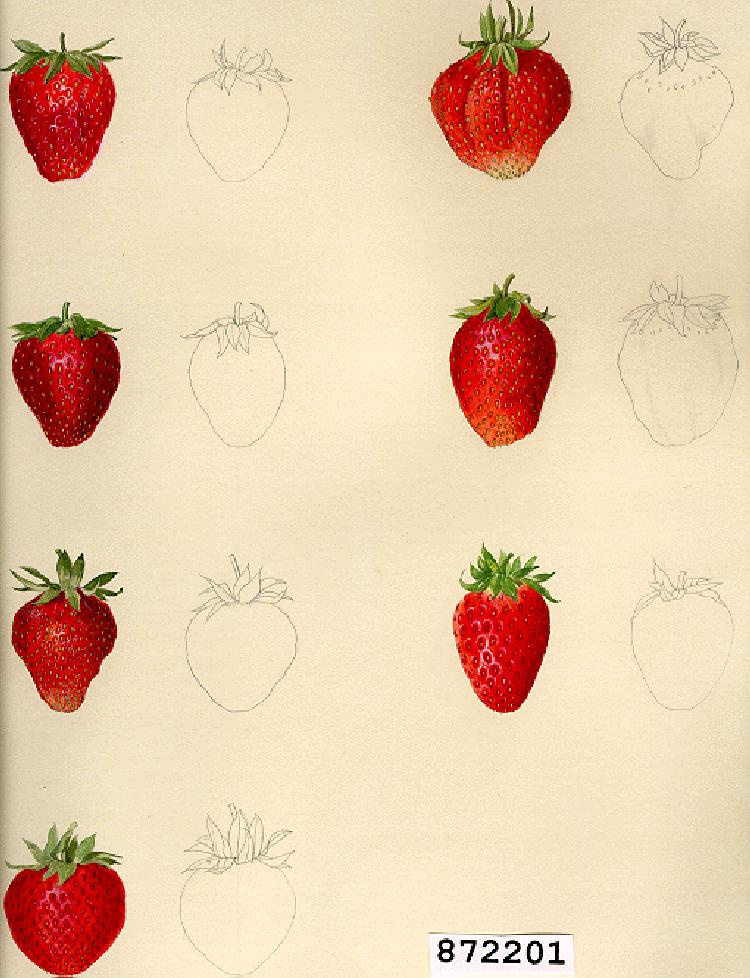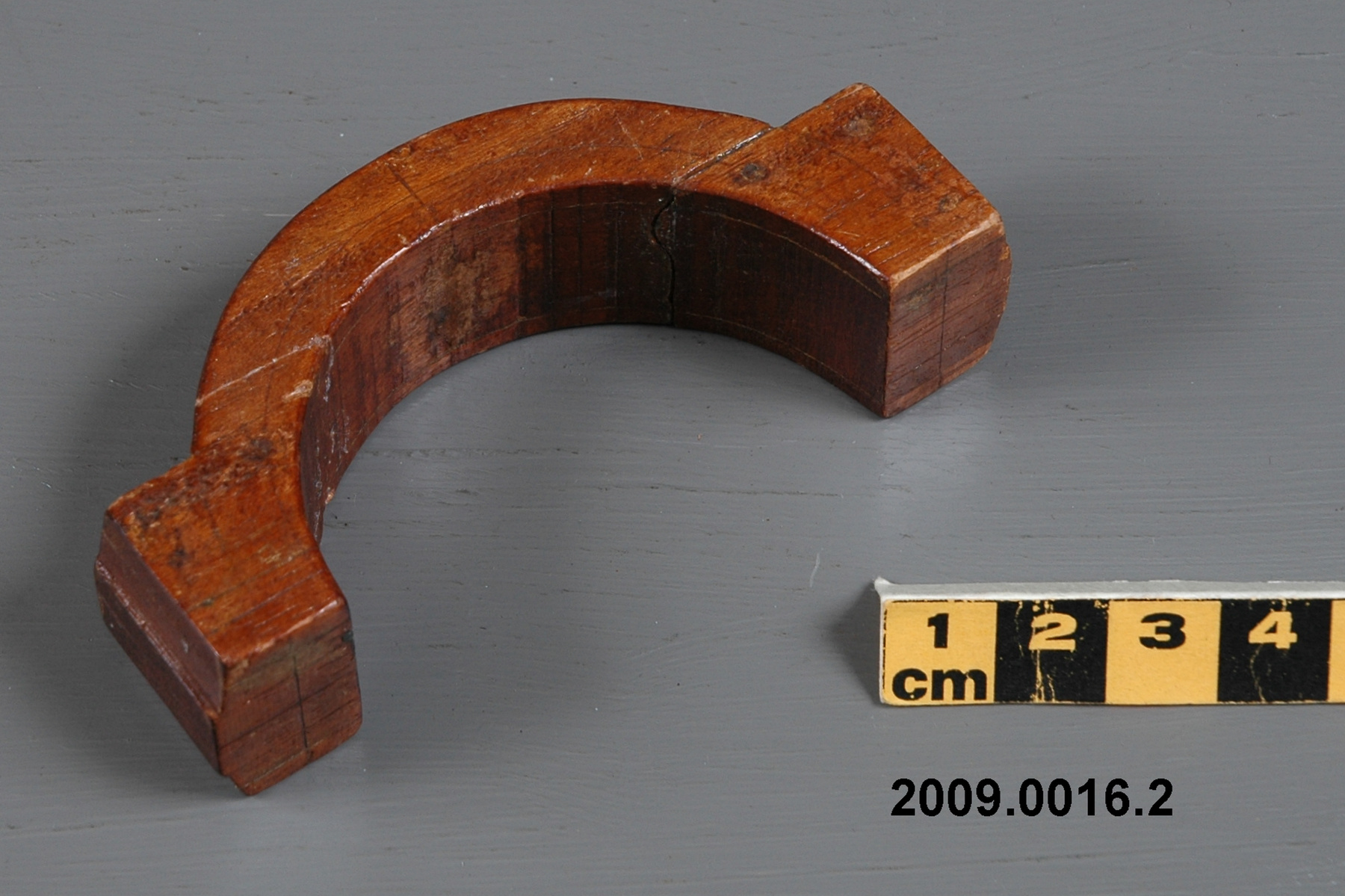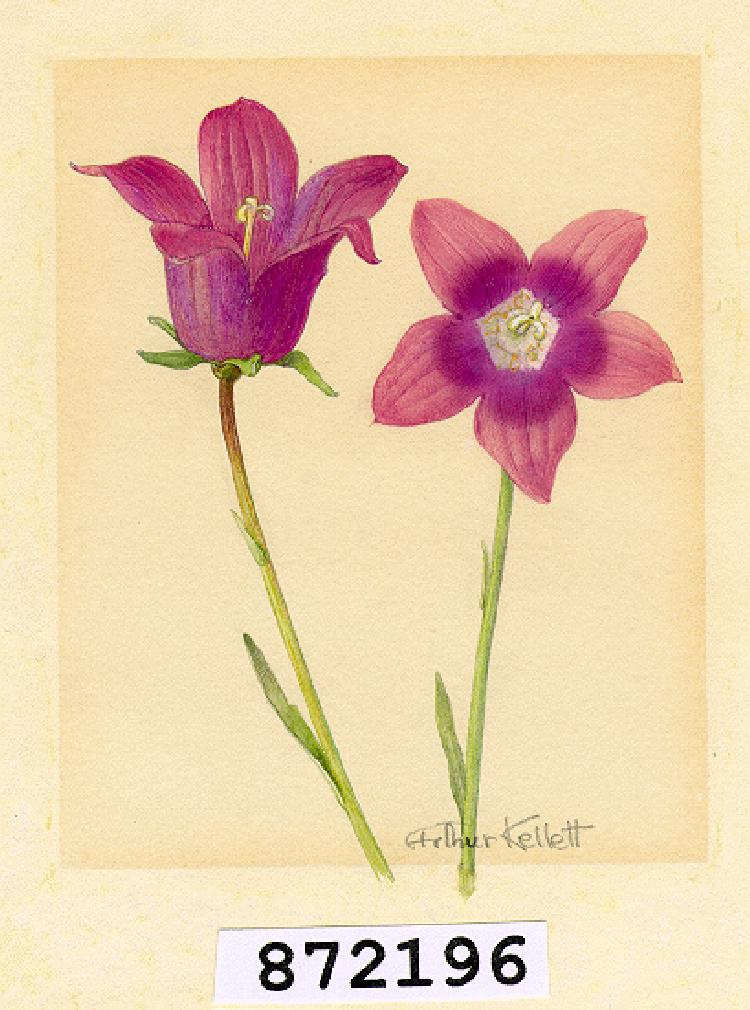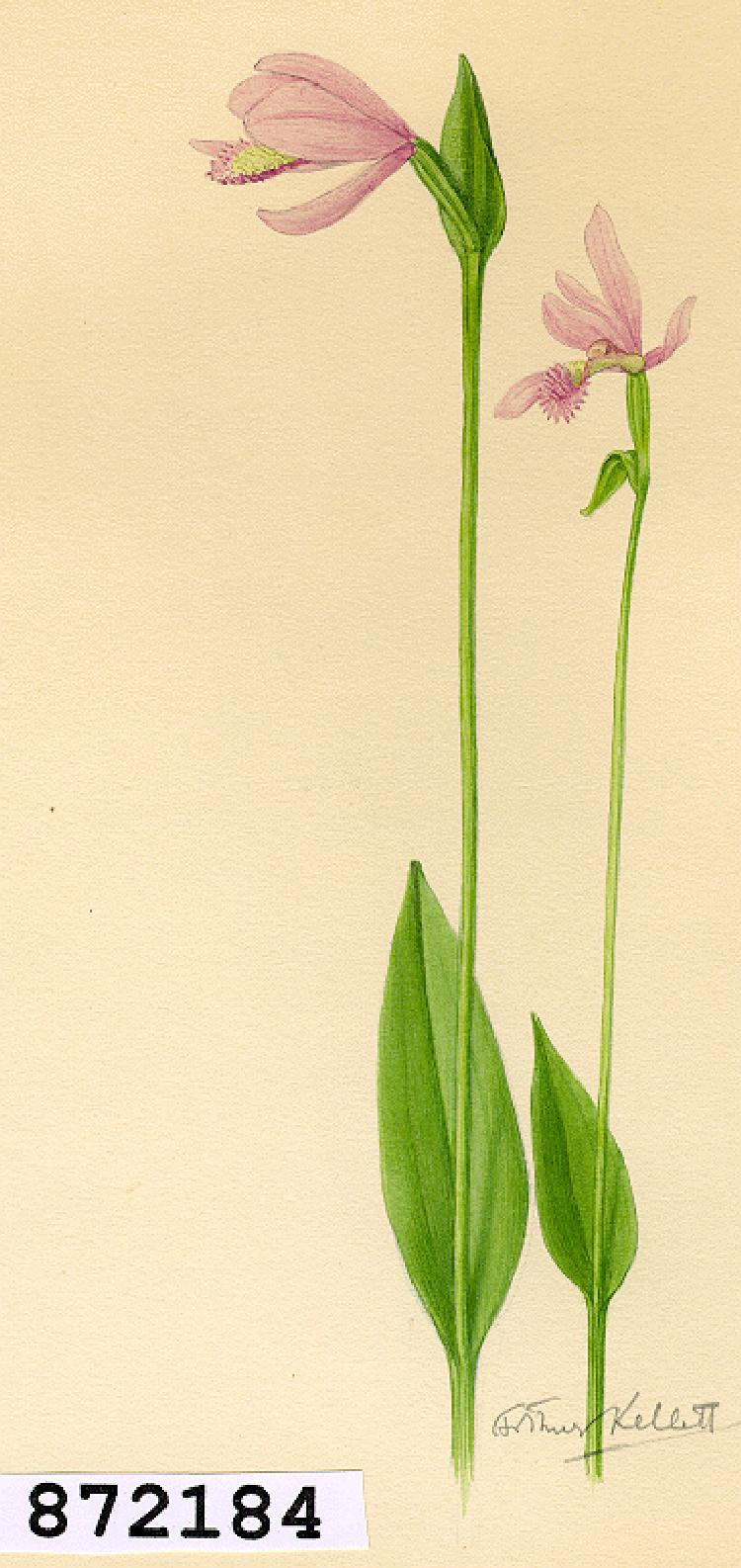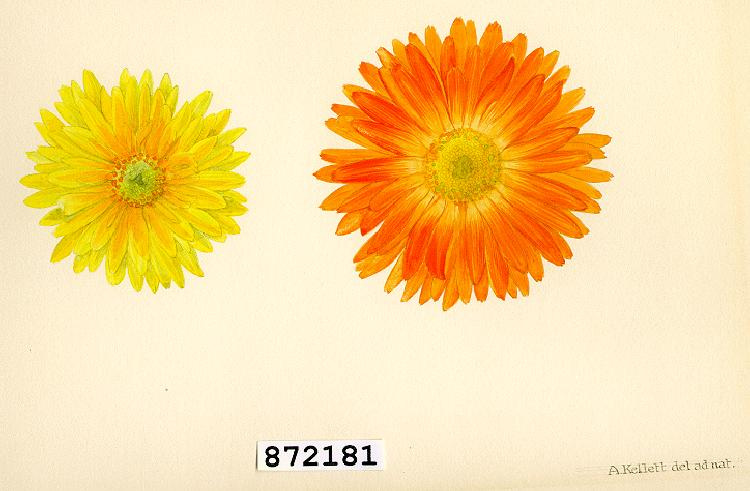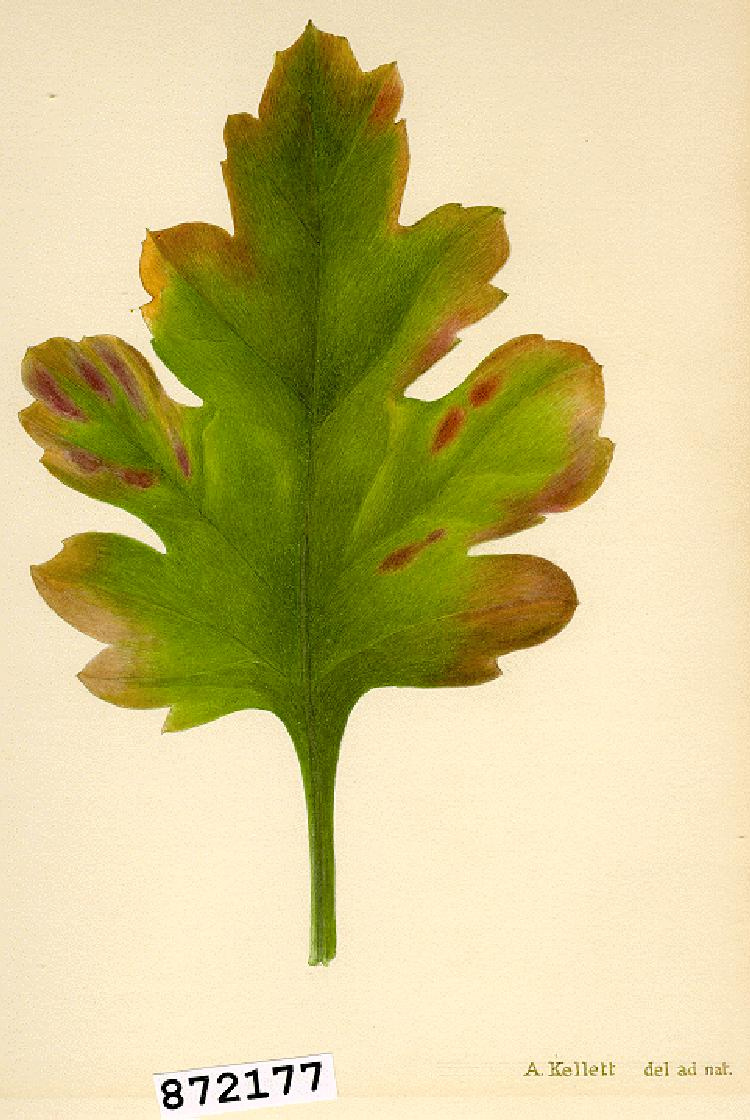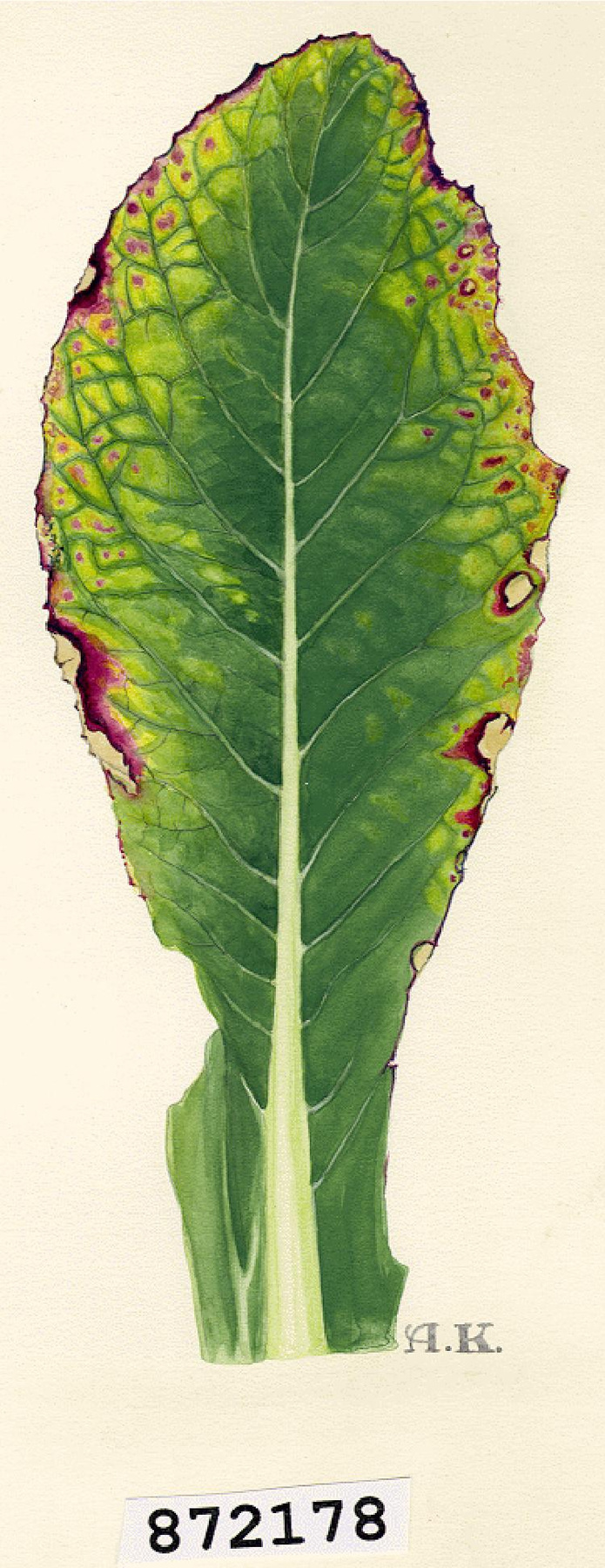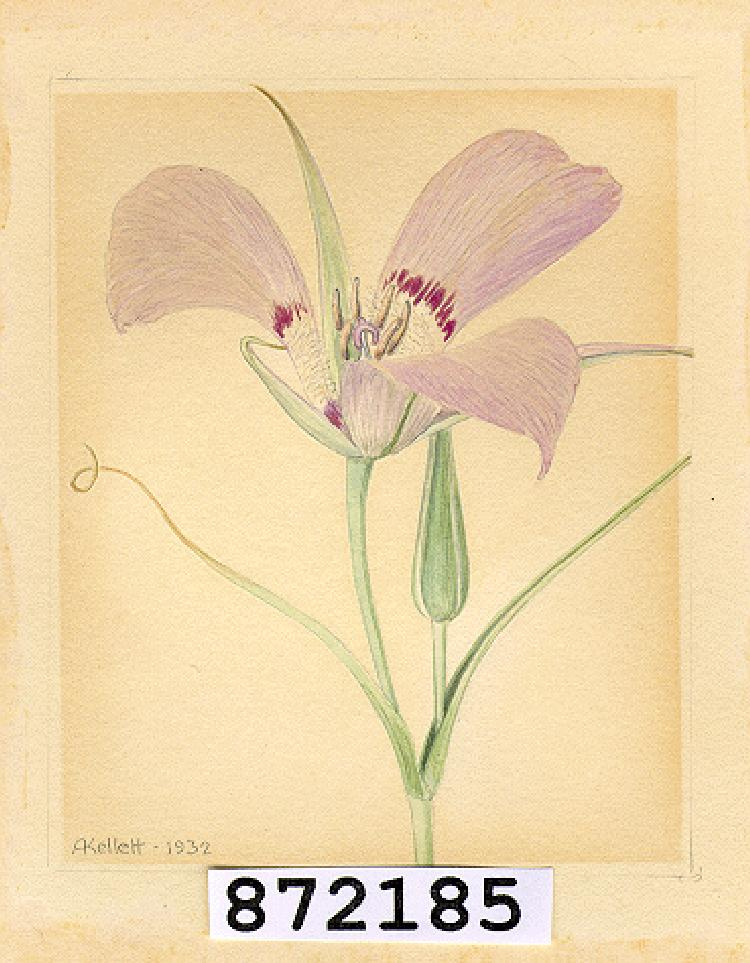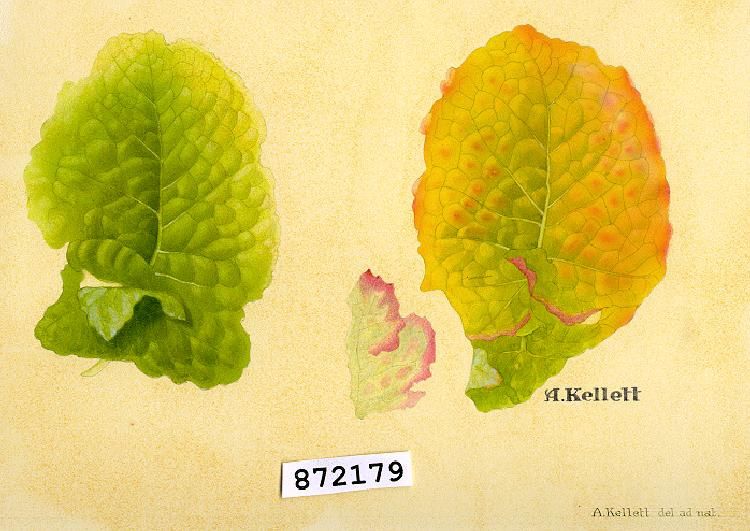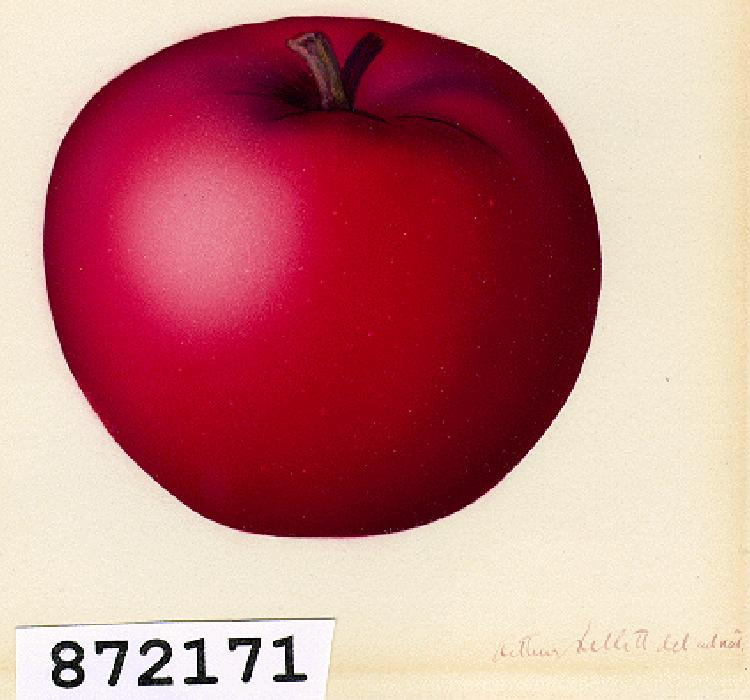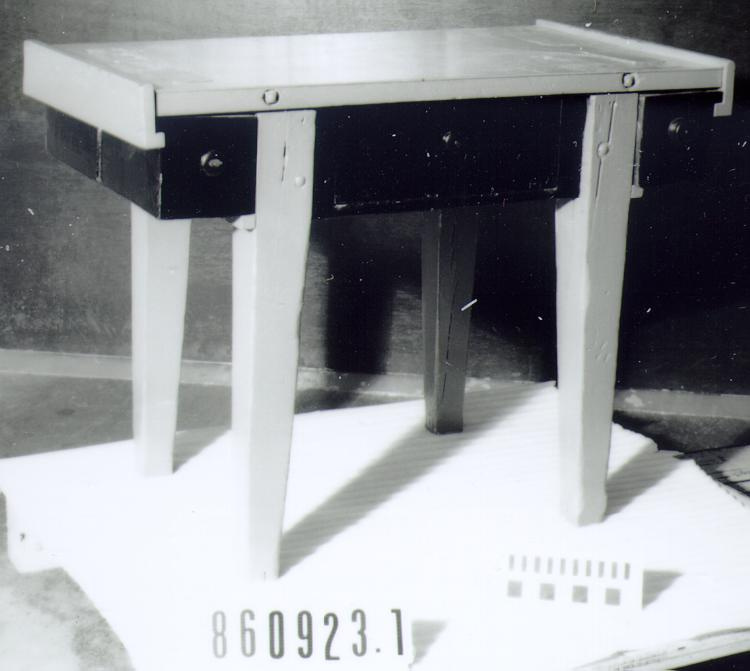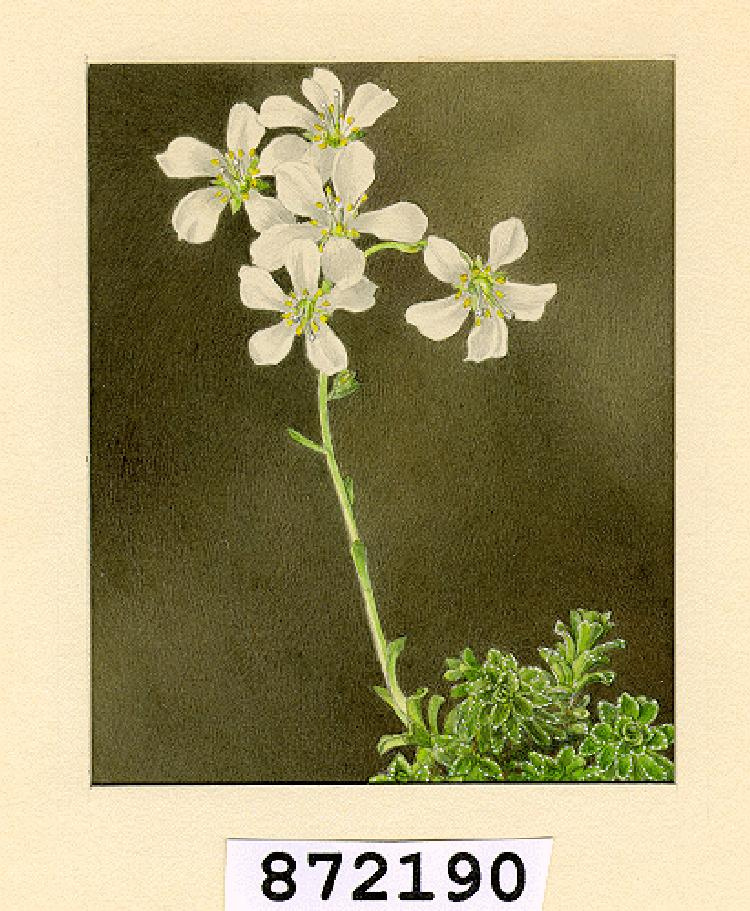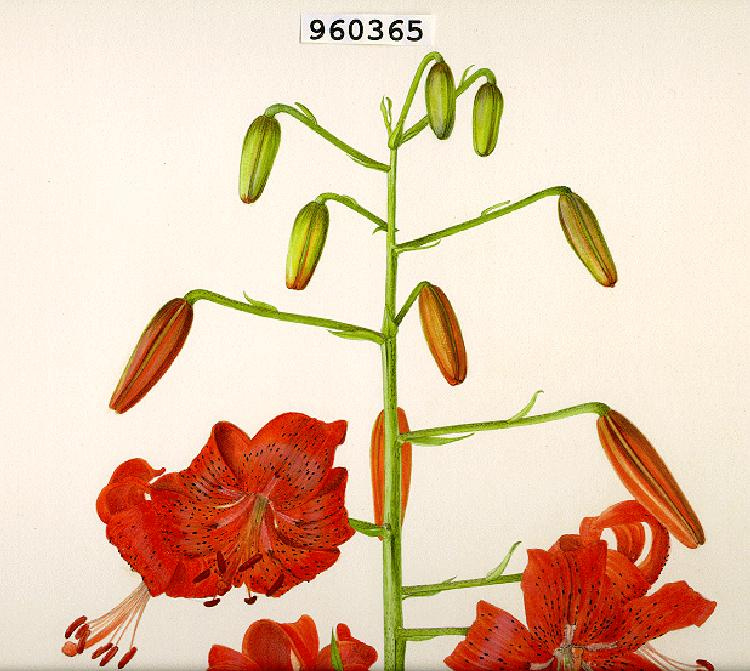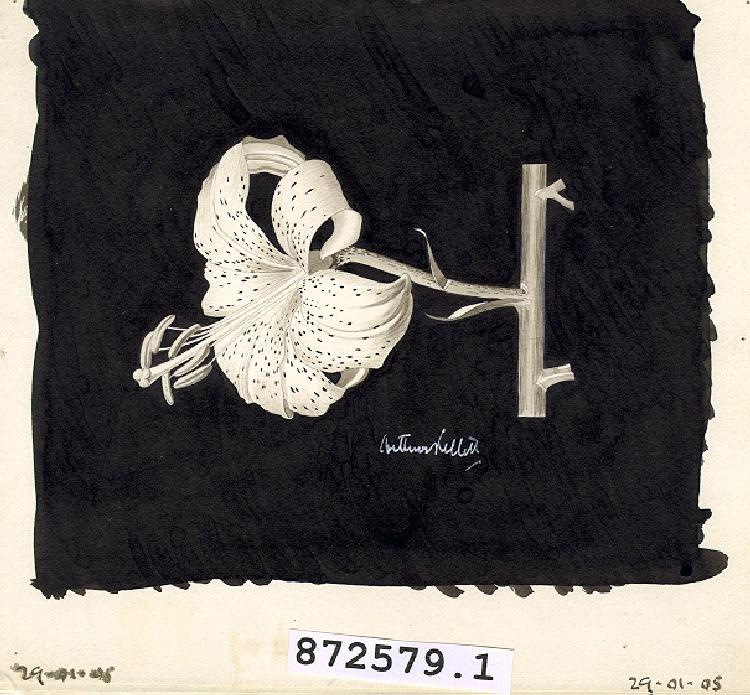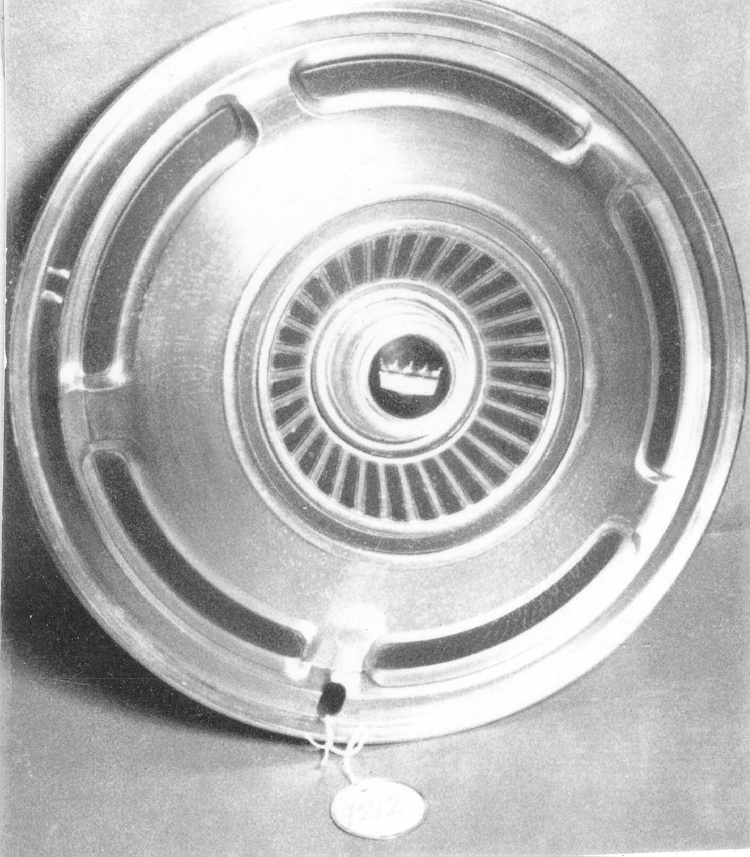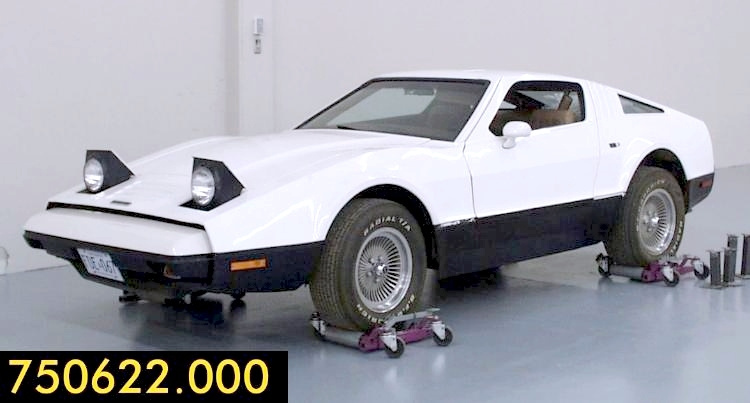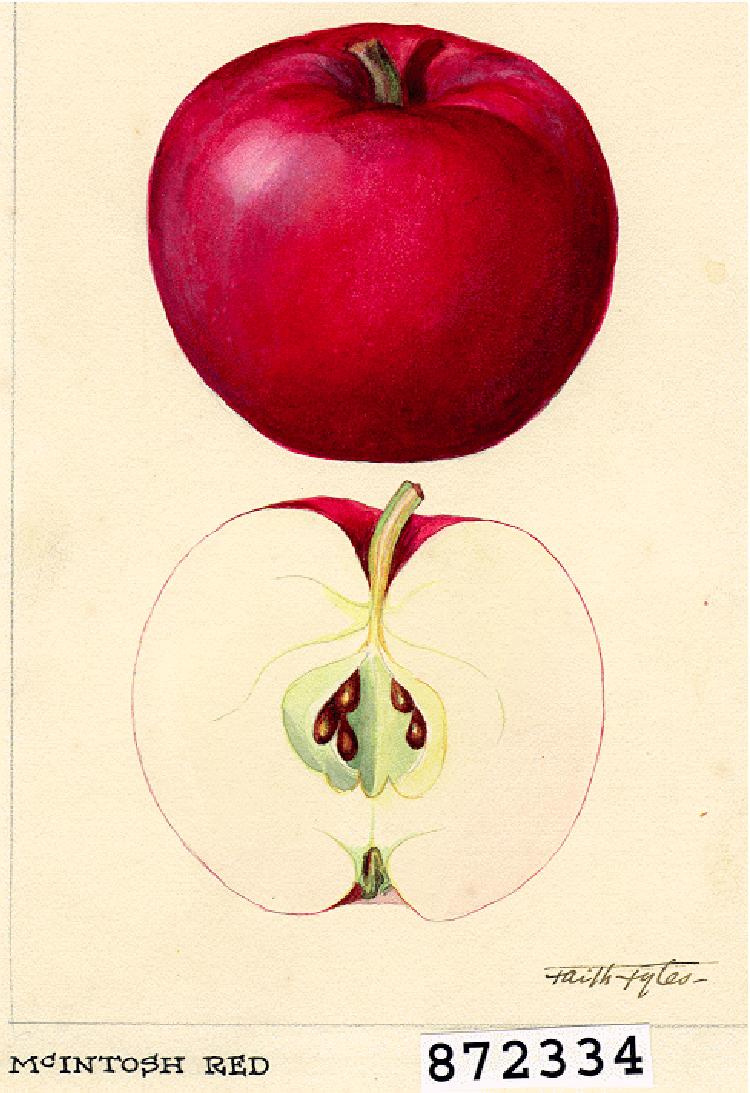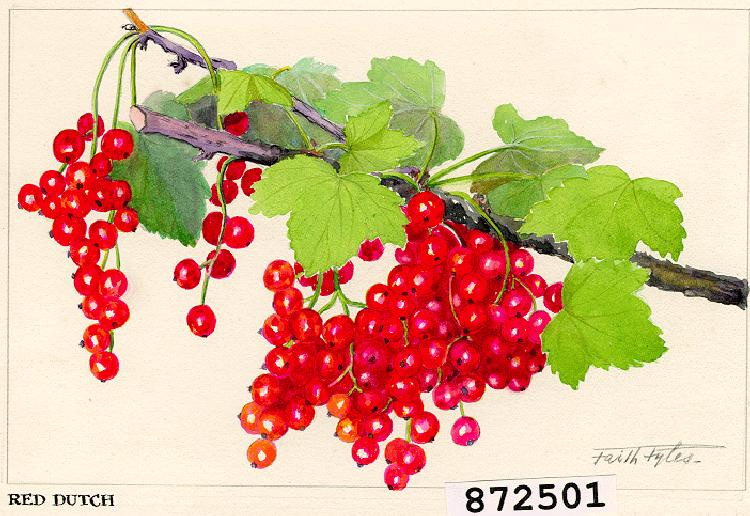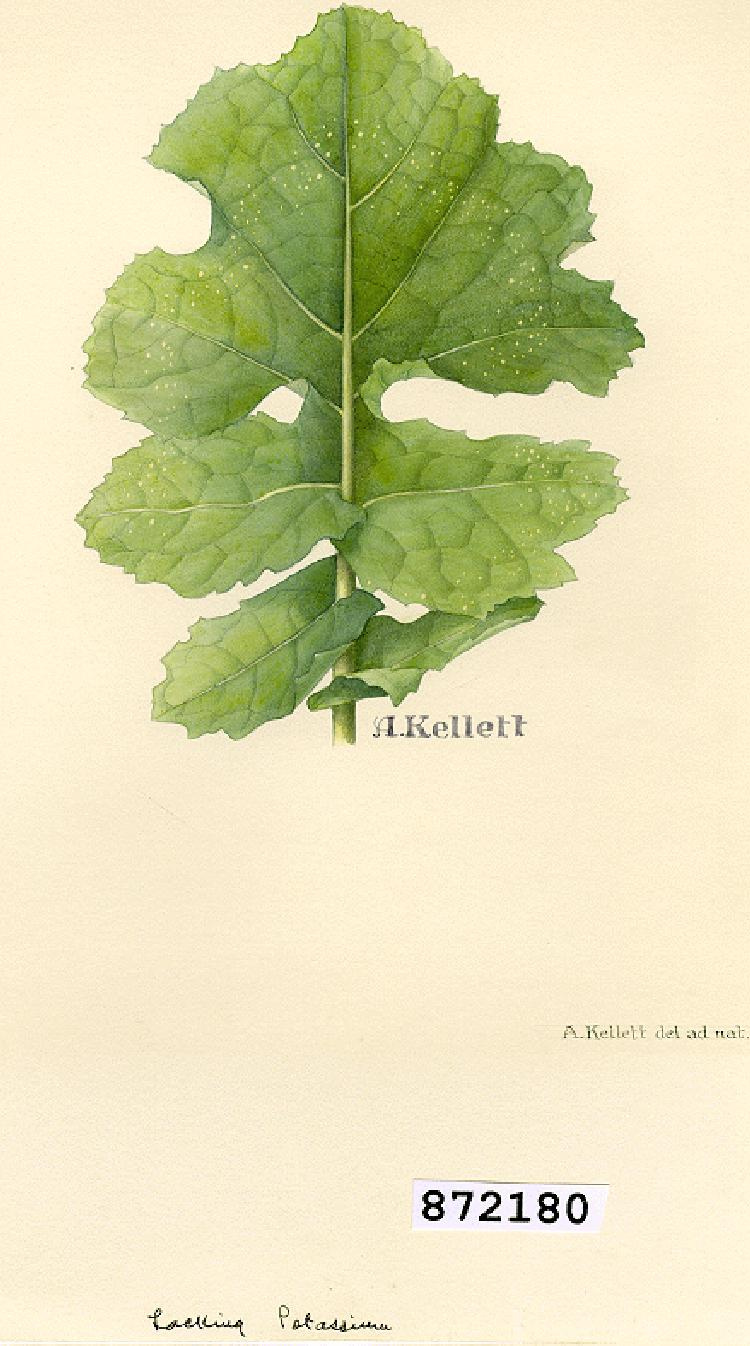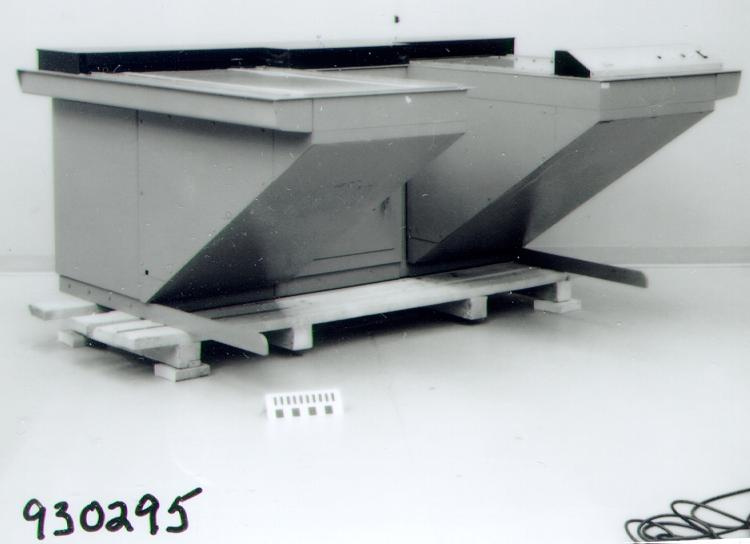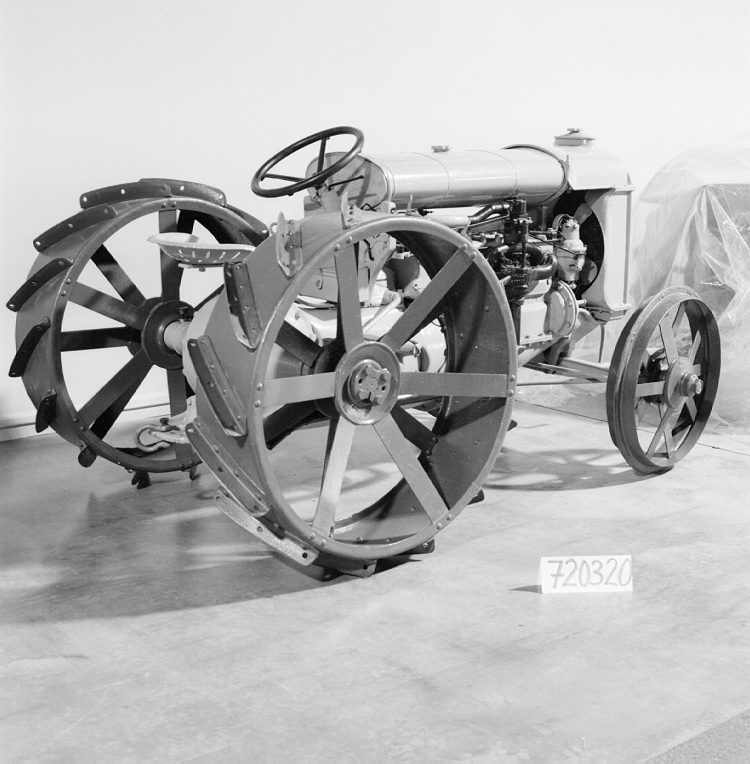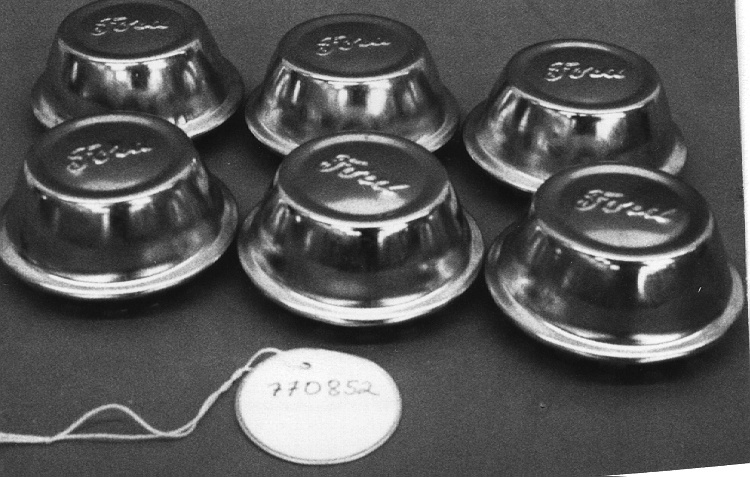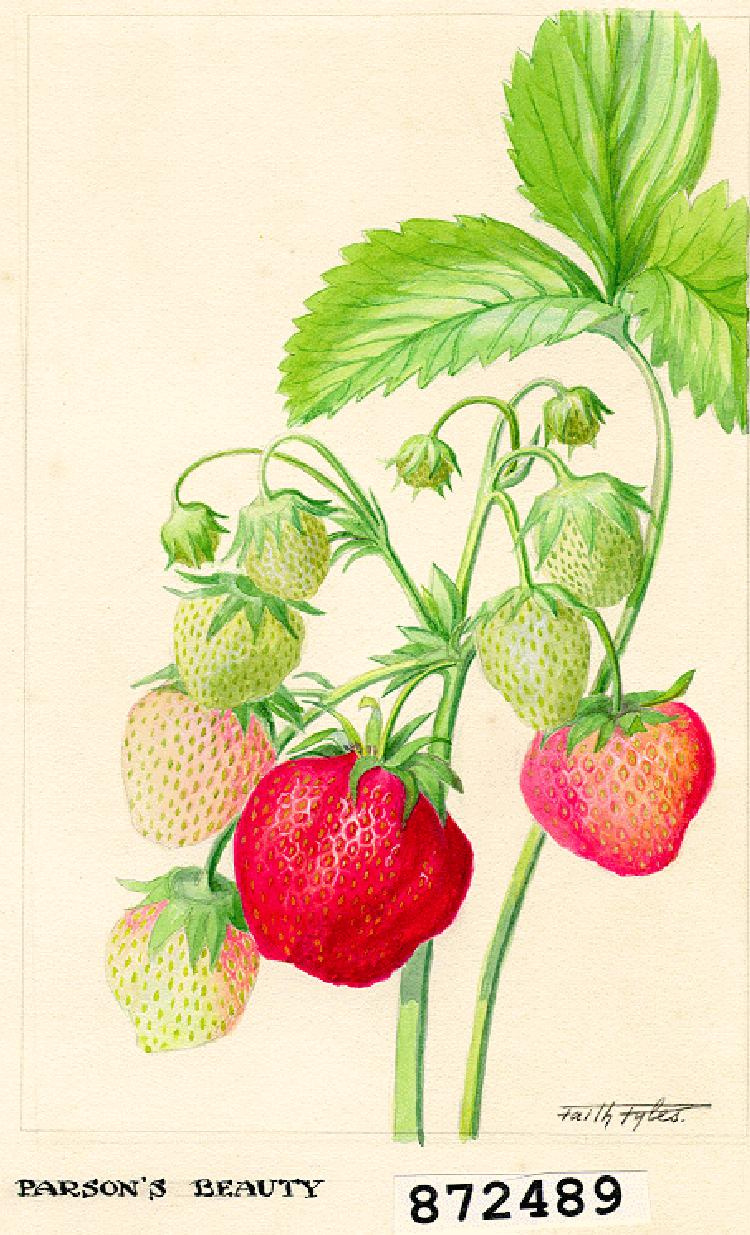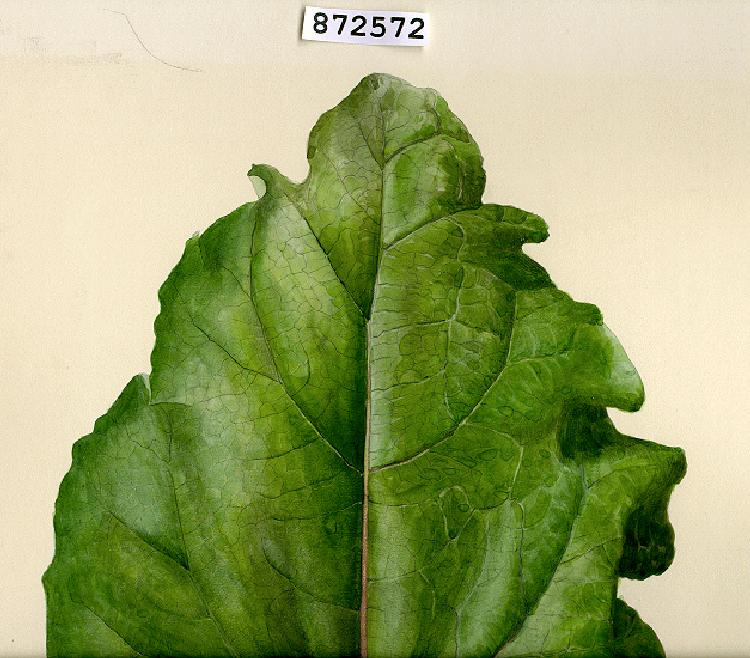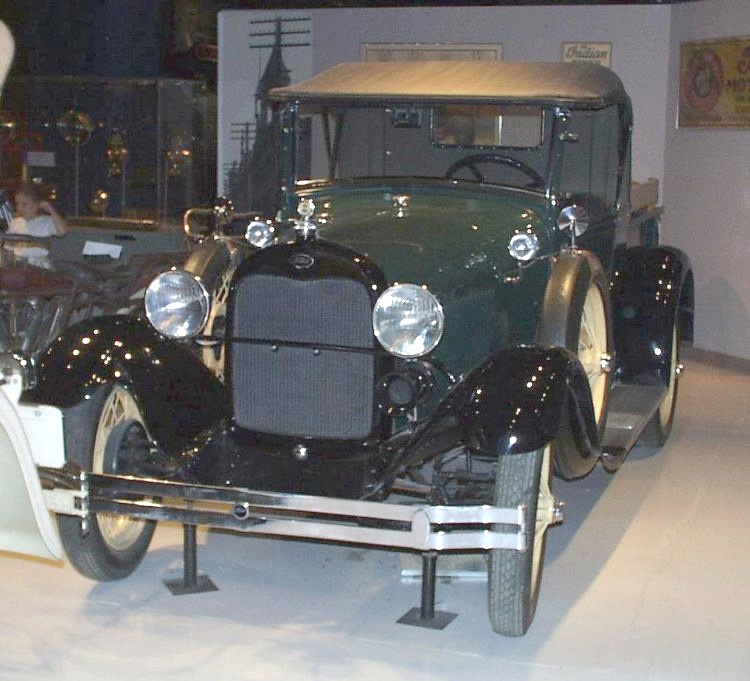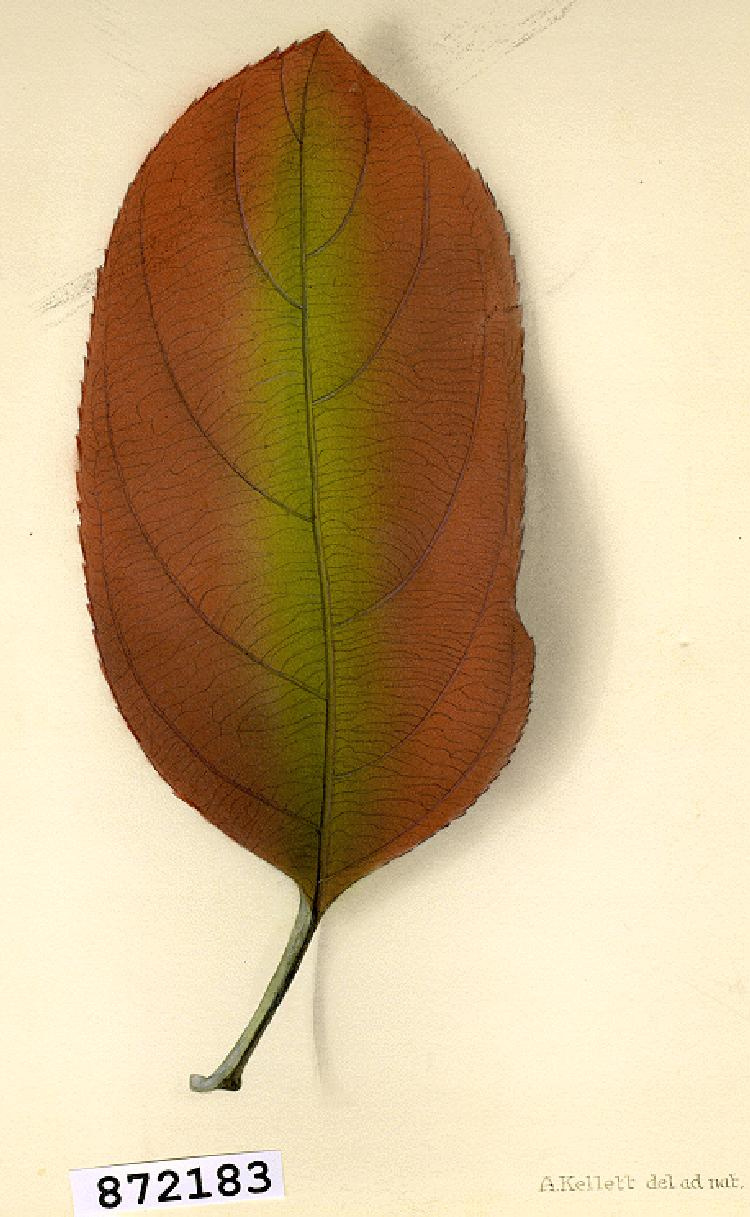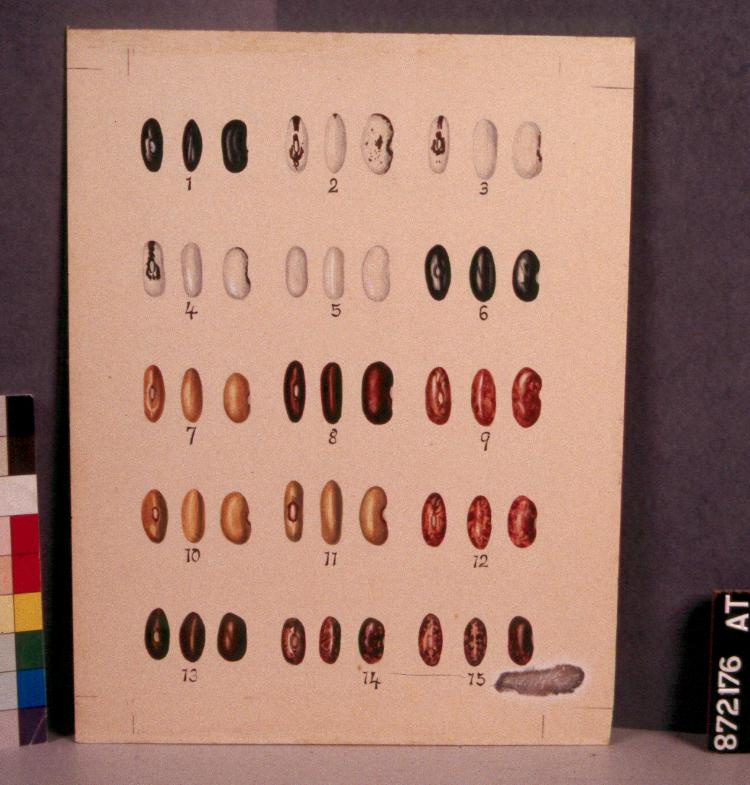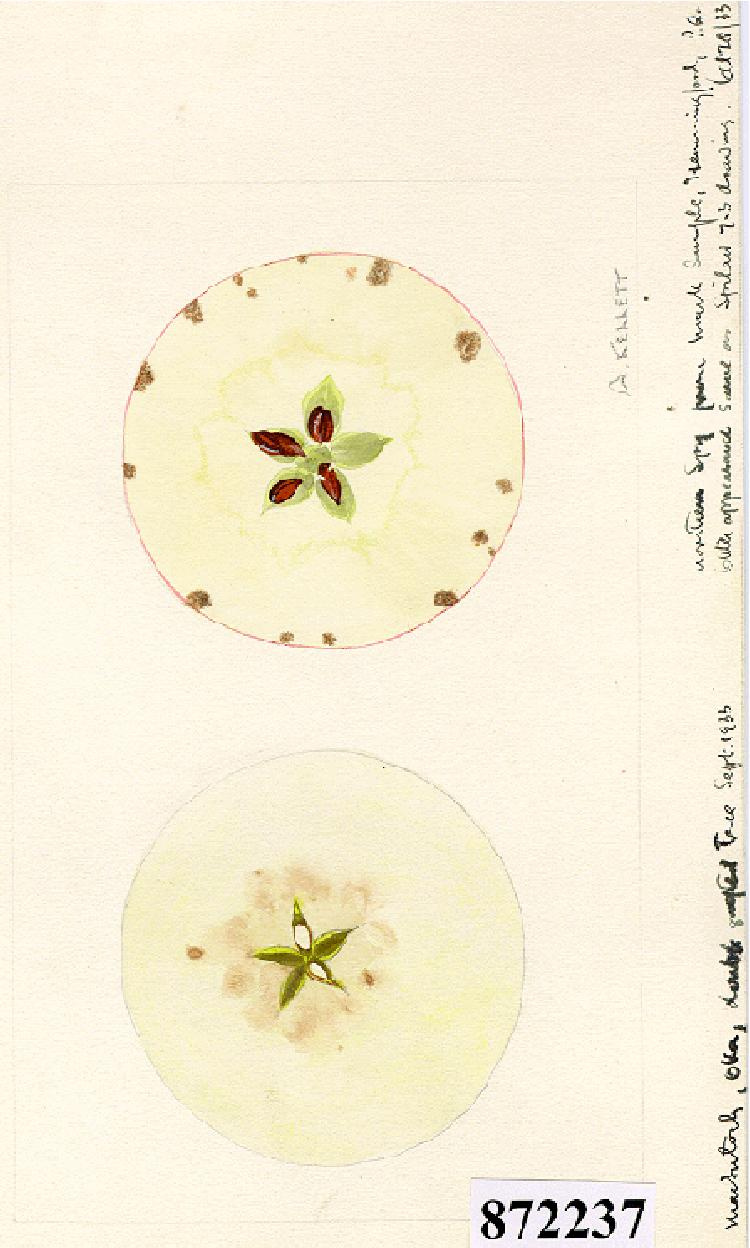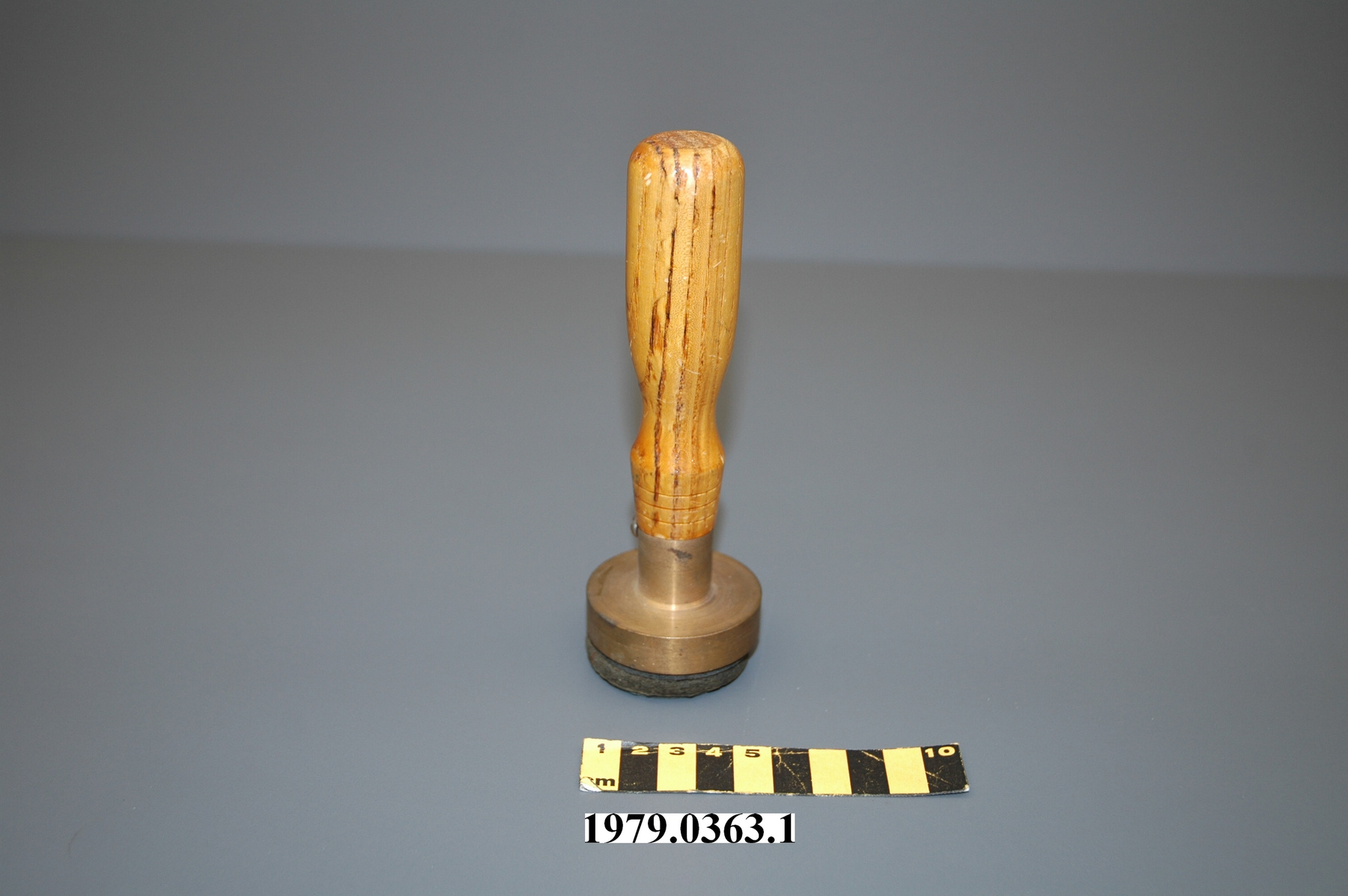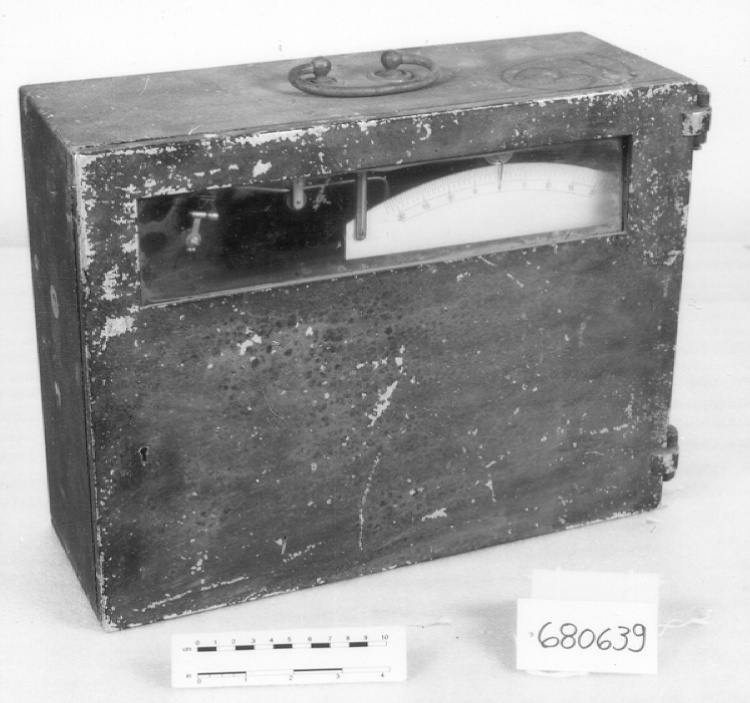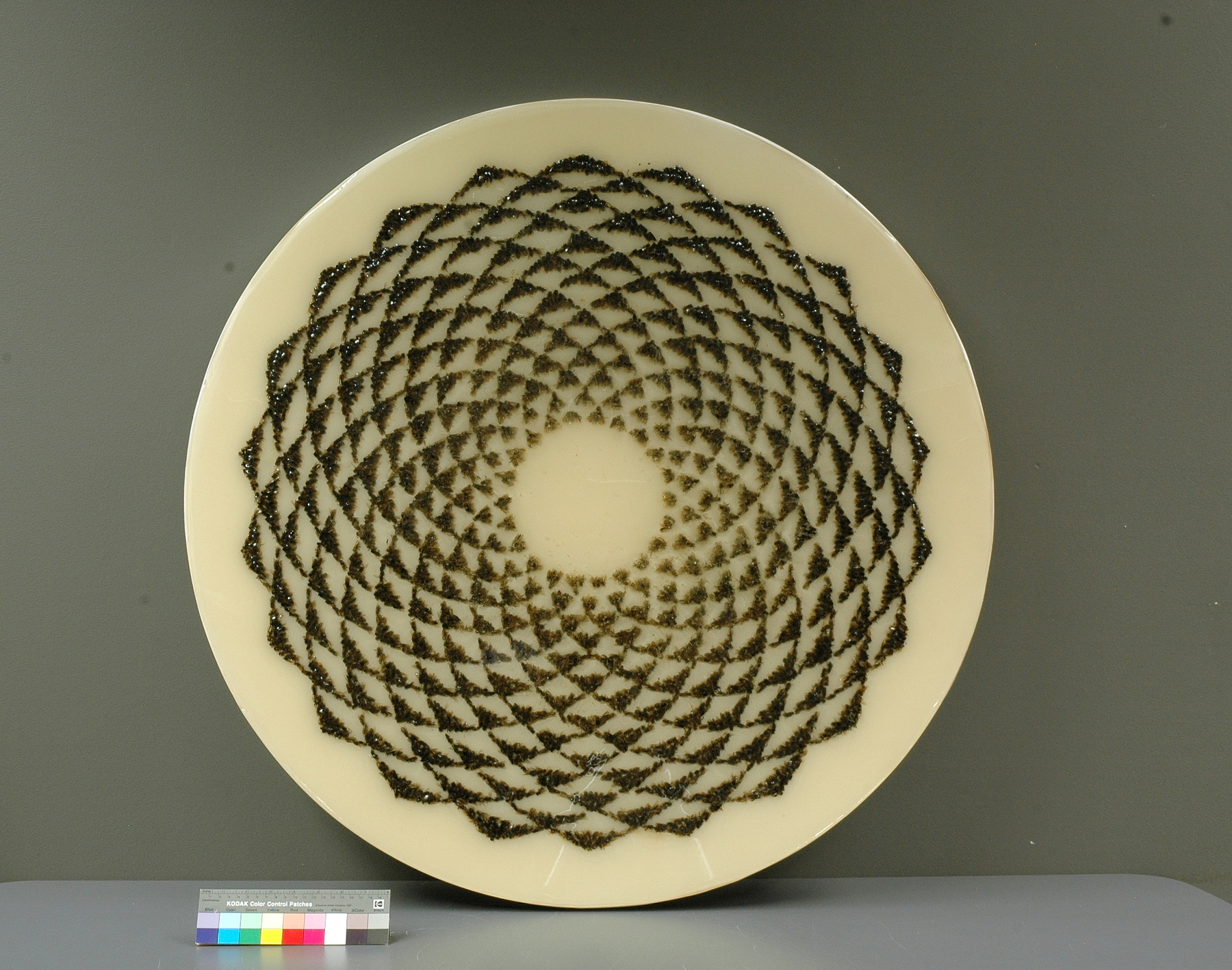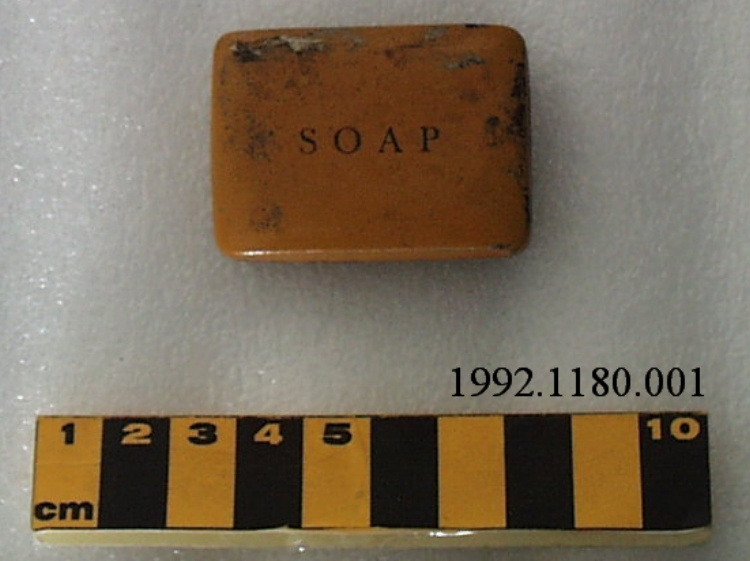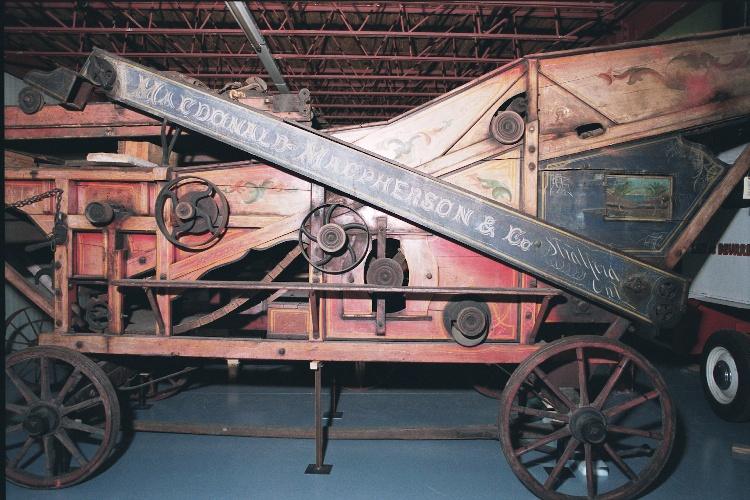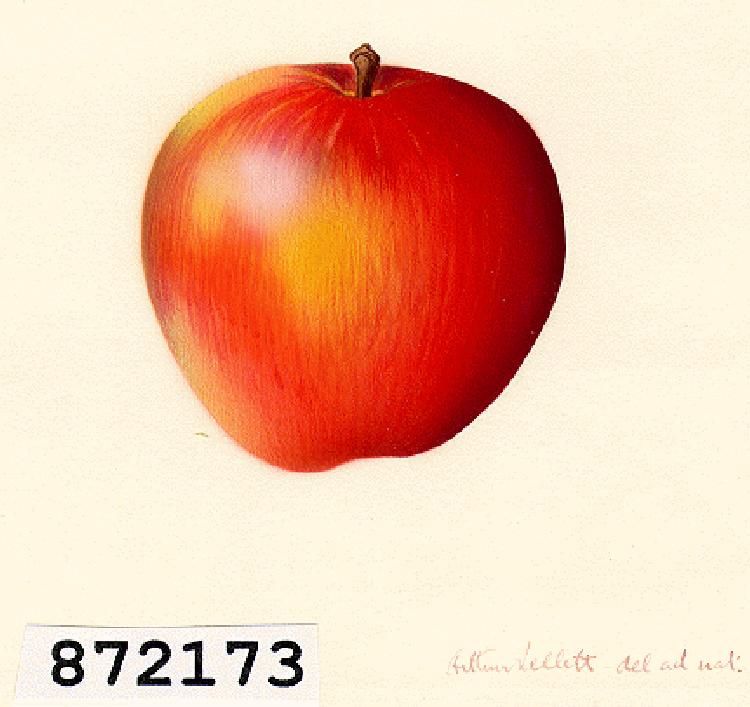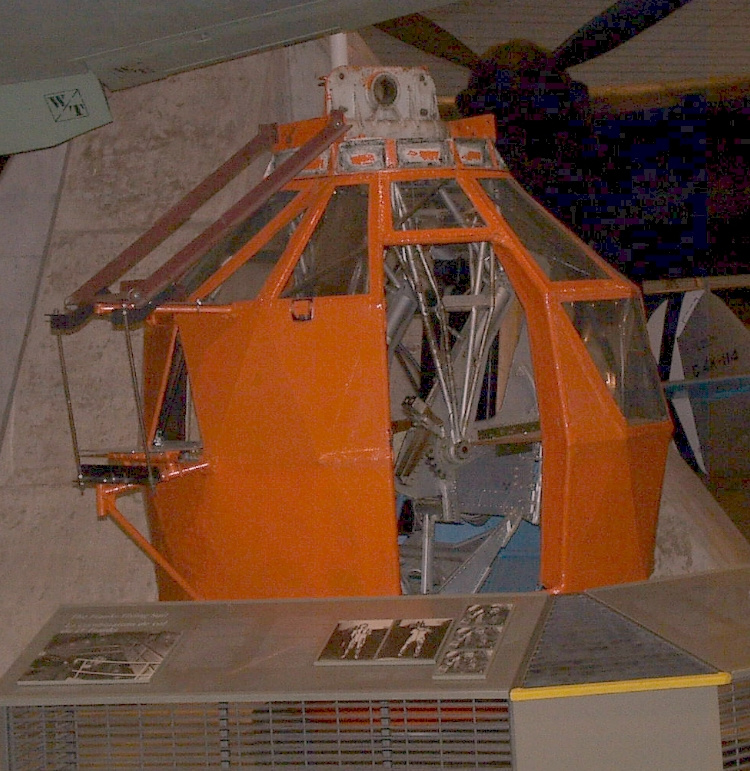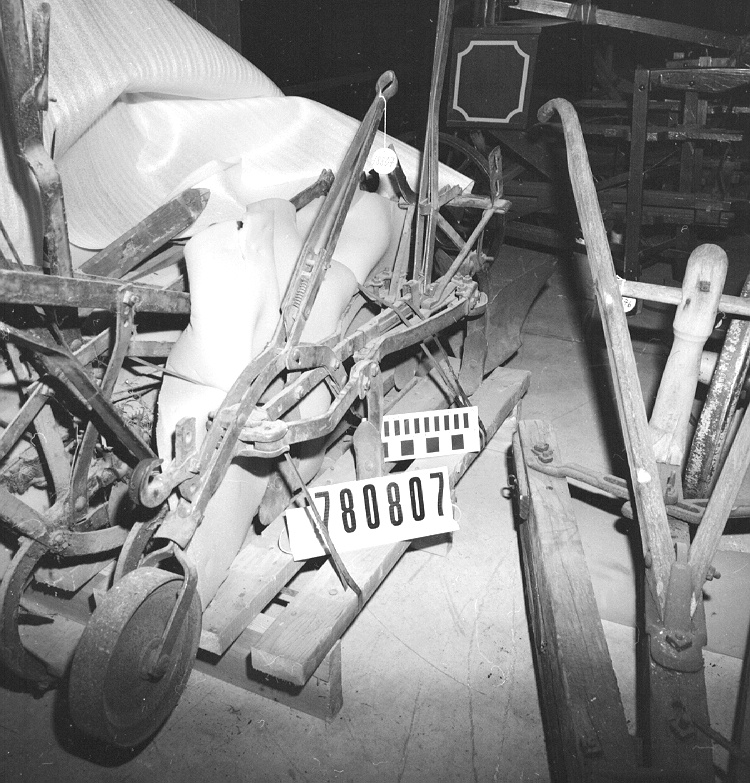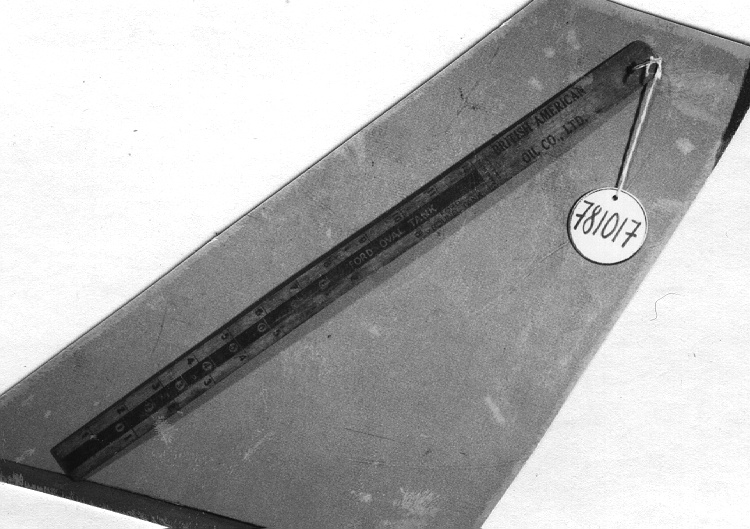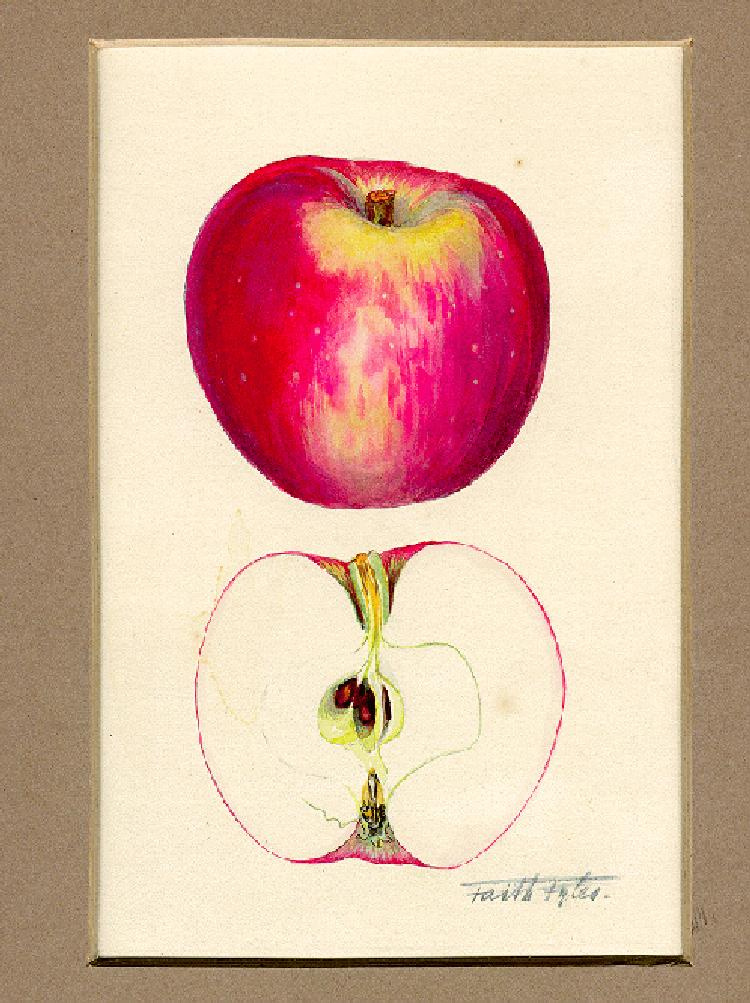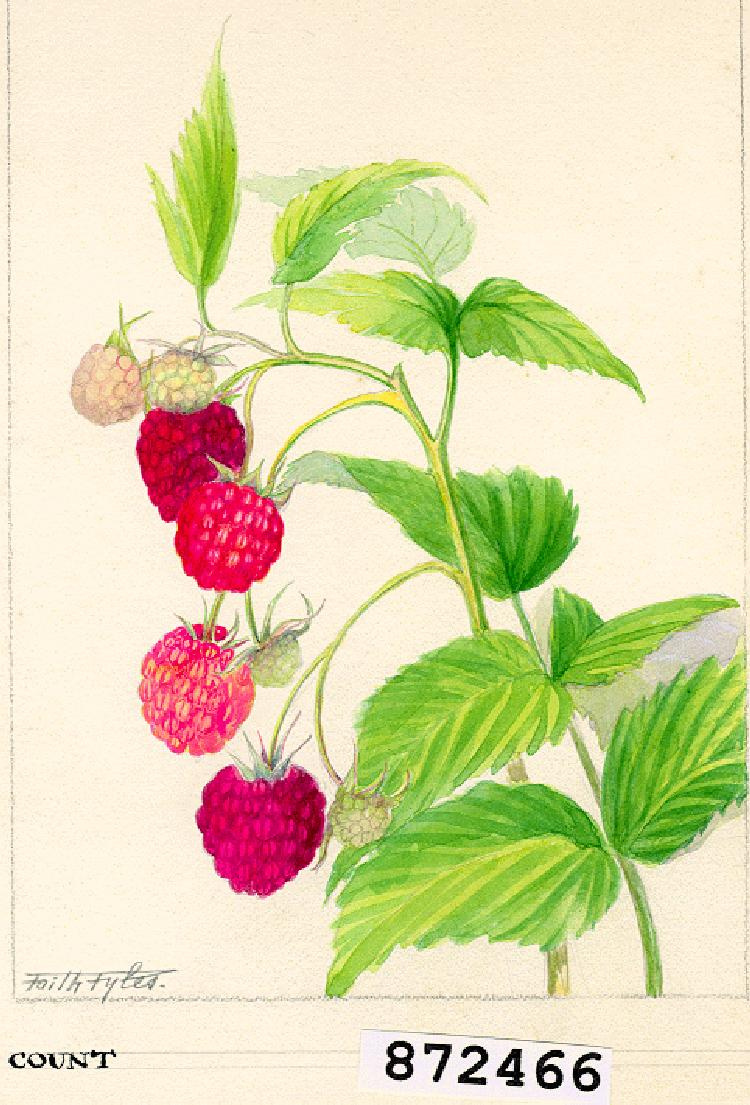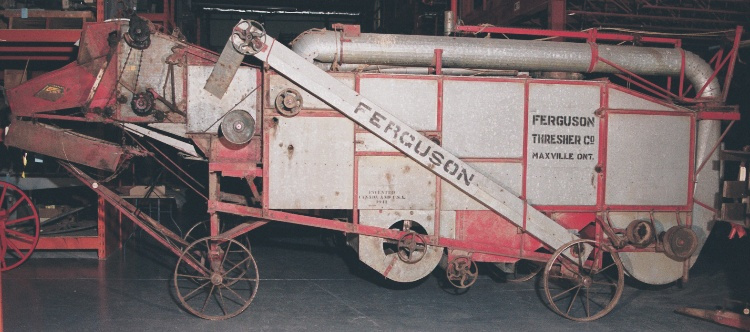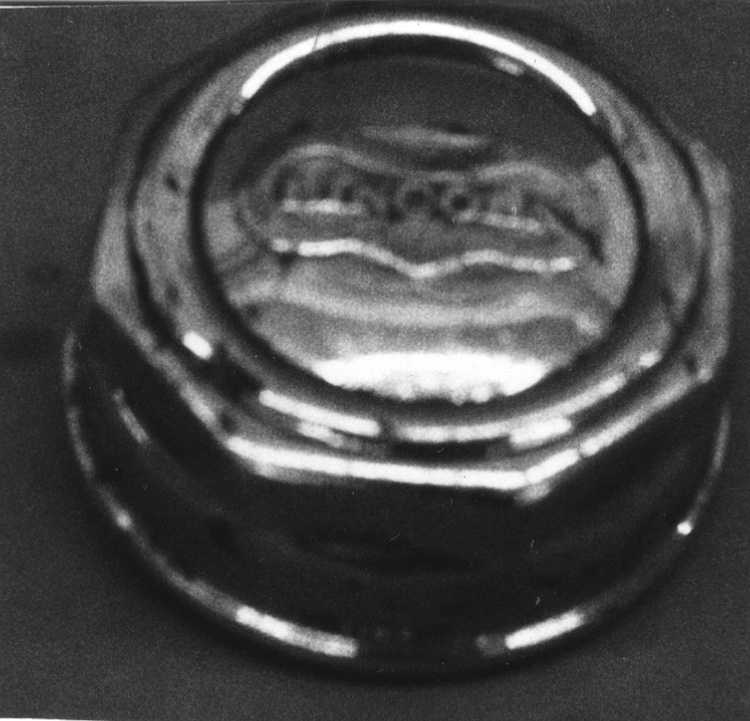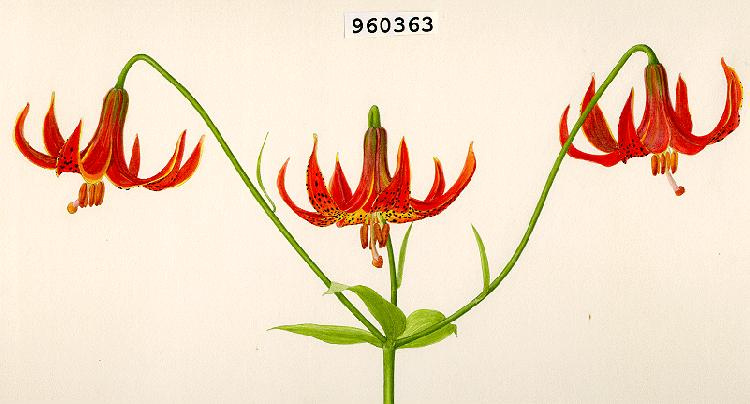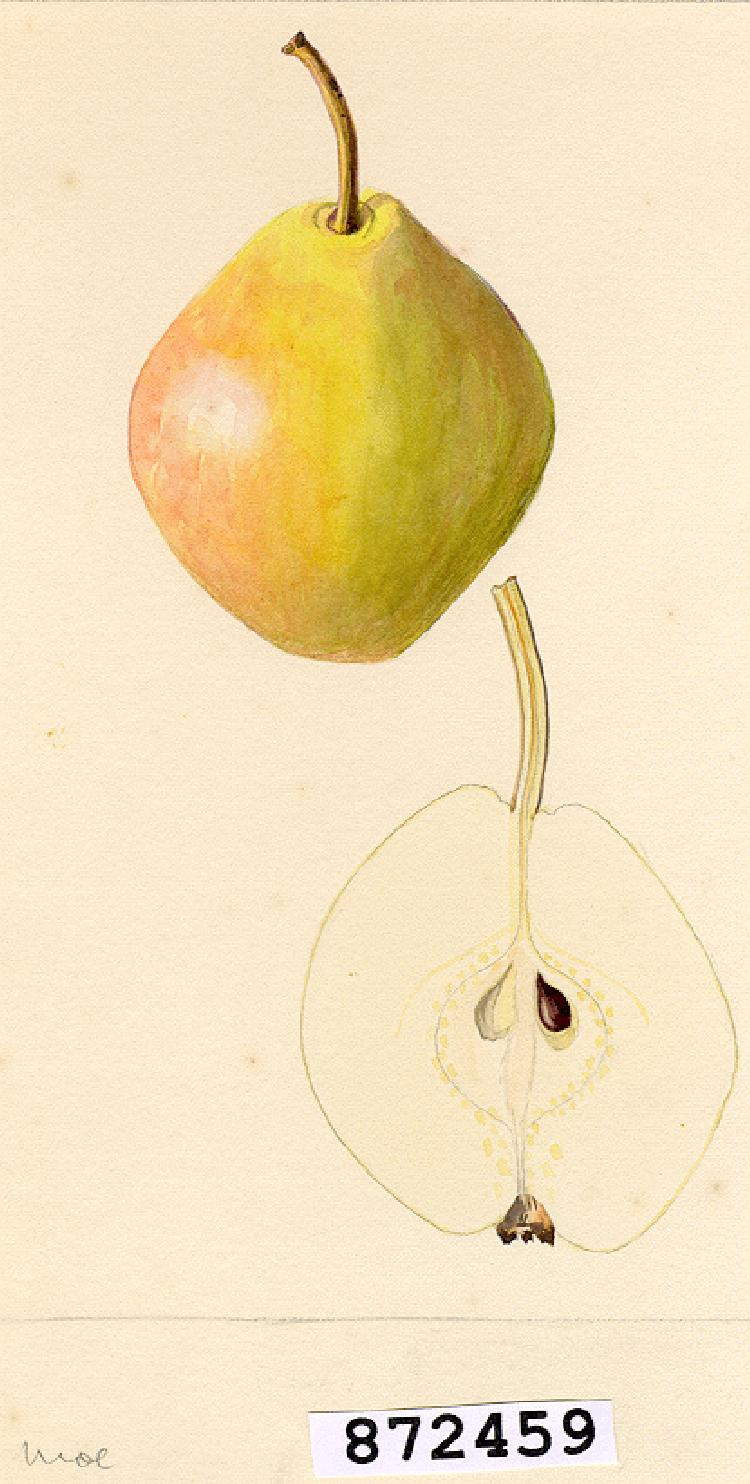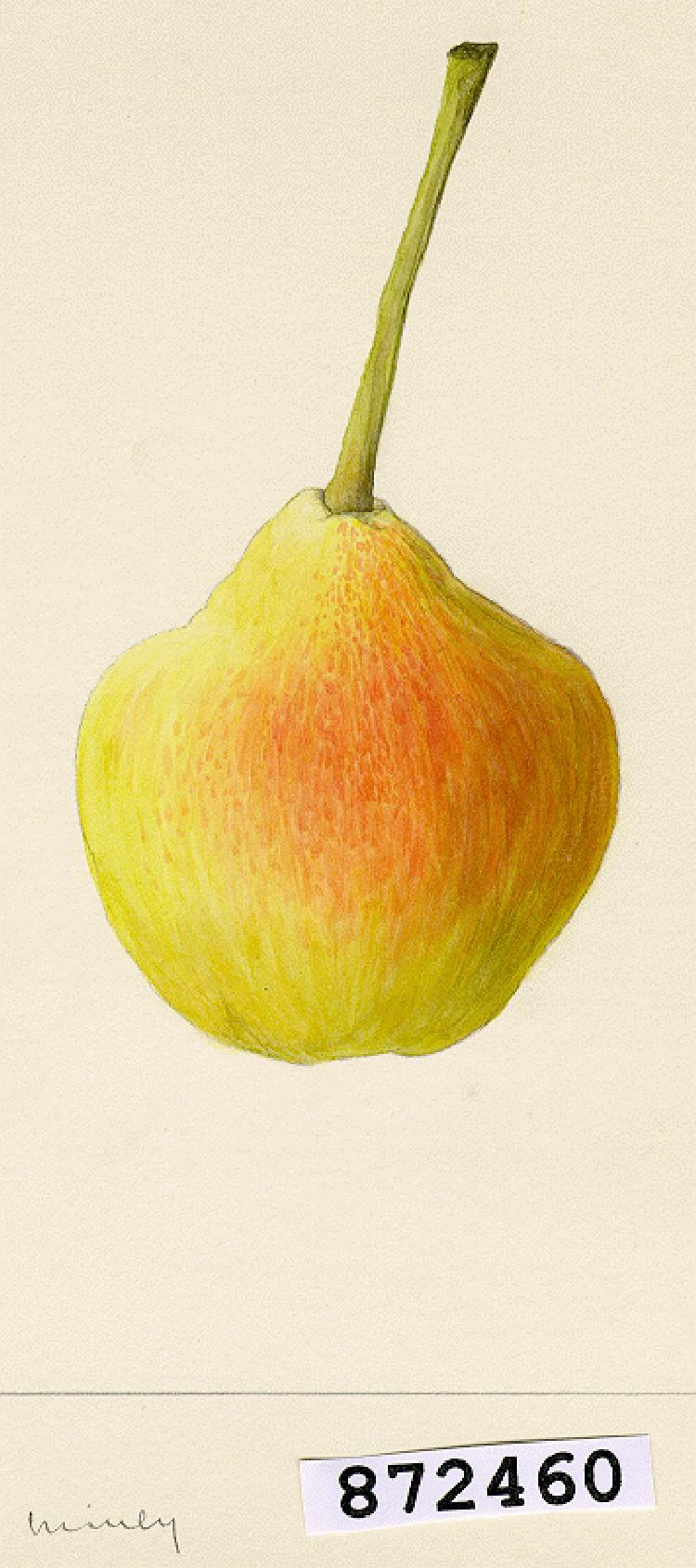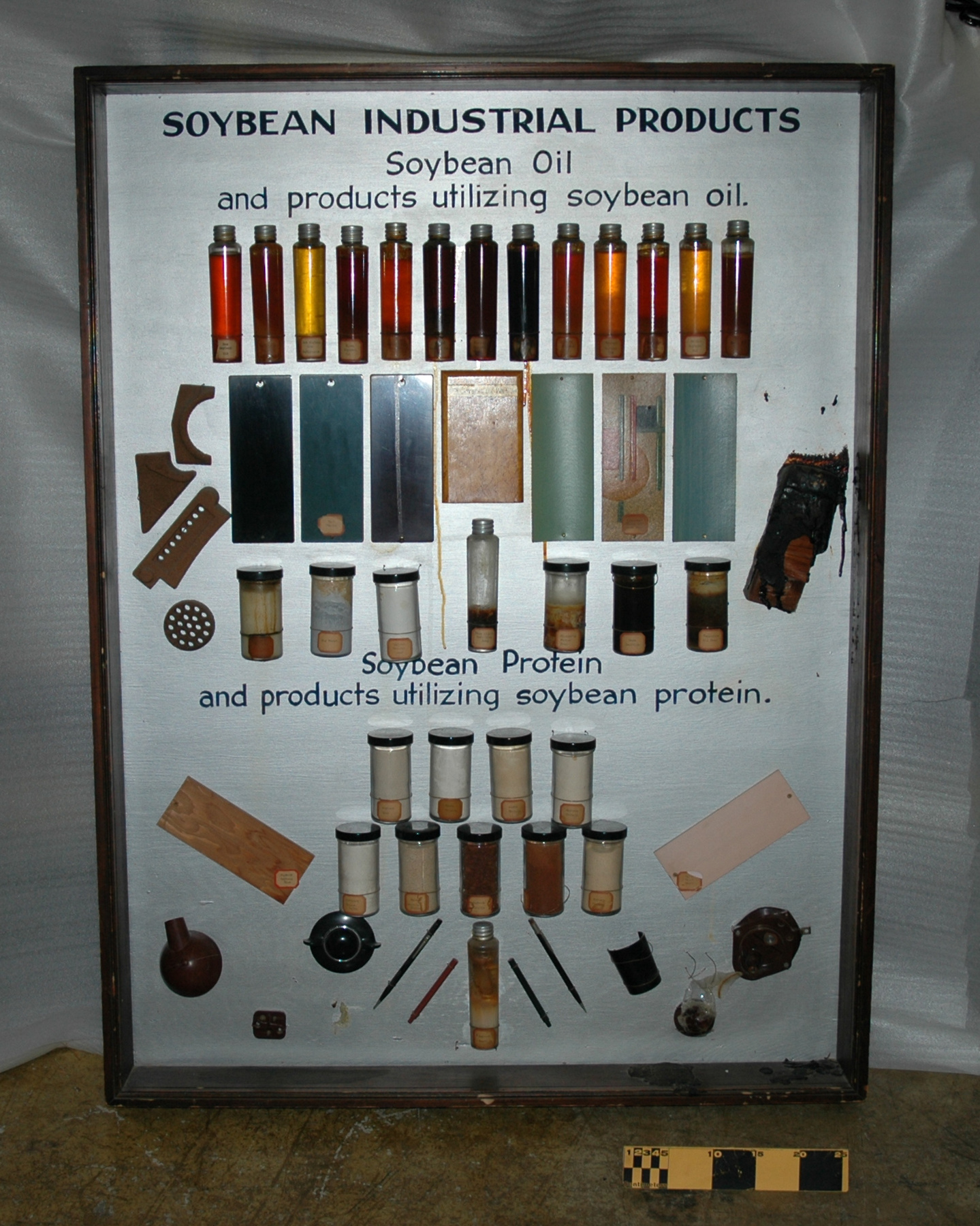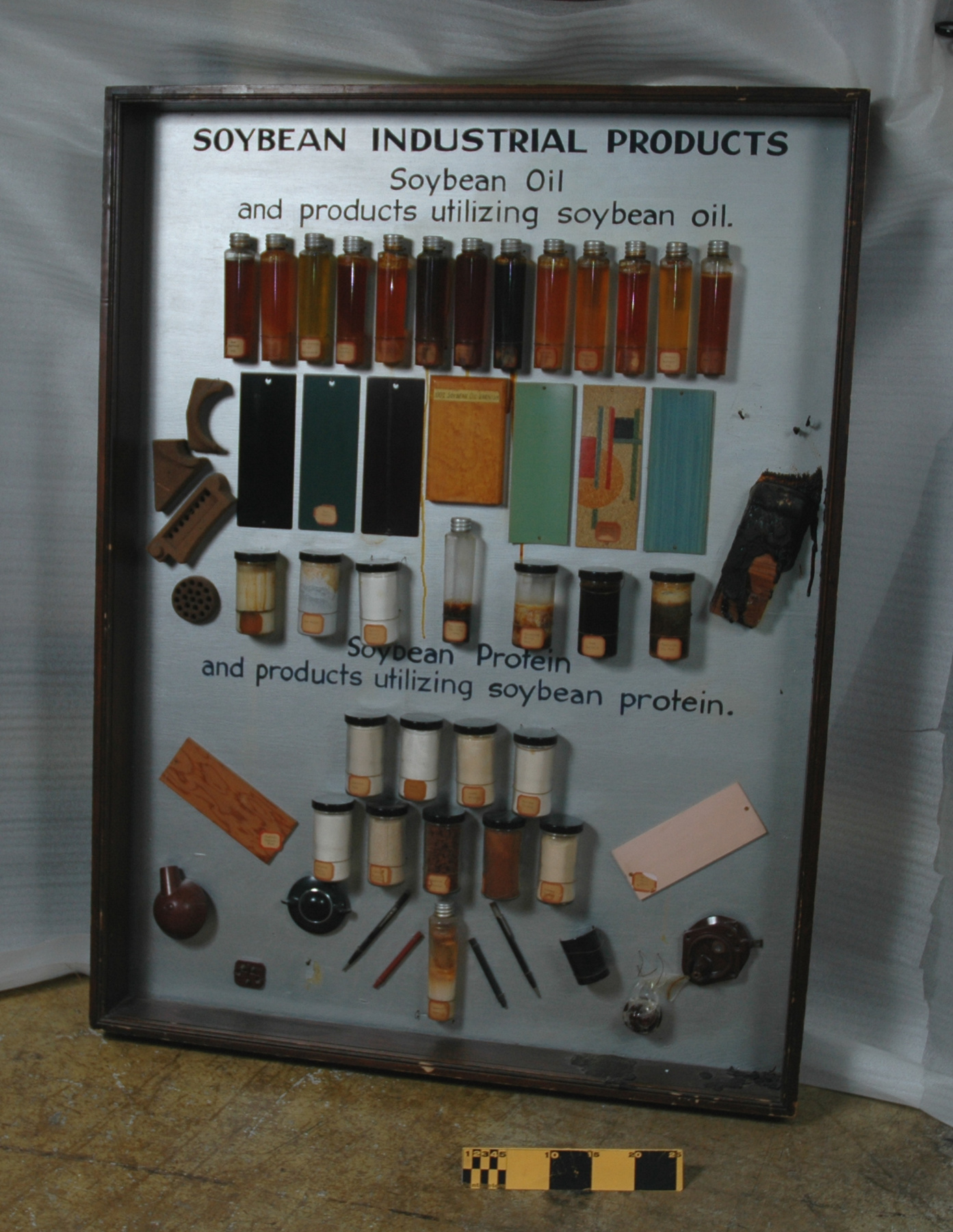Agricultural display
Use this image
Can I reuse this image without permission? Yes
Object images on the Ingenium Collection’s portal have the following Creative Commons license:
Copyright Ingenium / CC BY-NC-ND (Attribution-NonCommercial 4.0 International (CC BY-NC 4.0)
ATTRIBUTE THIS IMAGE
Ingenium,
2006.0051.002
Permalink:
Ingenium is releasing this image under the Creative Commons licensing framework, and encourages downloading and reuse for non-commercial purposes. Please acknowledge Ingenium and cite the artifact number.
DOWNLOAD IMAGEPURCHASE THIS IMAGE
This image is free for non-commercial use.
For commercial use, please consult our Reproduction Fees and contact us to purchase the image.
- OBJECT TYPE
- soybean products/shadow box
- DATE
- 1943
- ARTIFACT NUMBER
- 2006.0051.002
- MANUFACTURER
- Ford Motor Co.
- MODEL
- Soybean Industrial Products
- LOCATION
- Unknown
More Information
General Information
- Serial #
- N/A
- Part Number
- 2
- Total Parts
- 2
- AKA
- Shadow box
- Patents
- N/A
- General Description
- wood casing and display panel/ metal hardware/ glass bottles with metal caps and paper labels/ soybean oil etc/ wood sample pieces/ synthetic? pieces
Dimensions
Note: These reflect the general size for storage and are not necessarily representative of the object's true dimensions.
- Length
- 93.7 cm
- Width
- 12.5 cm
- Height
- 125.2 cm
- Thickness
- N/A
- Weight
- N/A
- Diameter
- N/A
- Volume
- N/A
Lexicon
- Group
- Agriculture
- Category
- Research
- Sub-Category
- N/A
Manufacturer
- AKA
- Ford
- Country
- Unknown
- State/Province
- Unknown
- City
- Unknown
Context
- Country
- Canada
- State/Province
- Ontario
- Period
- mid 1940's +
- Canada
-
One of a pair display cases sent by the Ford Motor Co. to the Central Experimental Farm as a thank you for the latter's role in Ford's soybean research project. As with any new horticultural research directed towards a new use or treatment, it was vital to find a strain of soybean that exhibited the required processing characteristics. Although Charles Saunders had planted soybeans at the Central Experimental Farm in the late 1890s, by the 1920s research scientists were unable to produce that would fully mature under Canadian growing conditions. Consequently the plant had to be harvested like hay before the pods had fully matured and the seeds completely formed and dried. In the mid 1930s Harrosay, a new variety of soybean developed in collaboration with the Harrow Research Station in Harrow, ON, became the foundation for successive generations of soybean varieties. It is likely that Harrosay was the basis for the Canadian contribution to Ford's research. Though it is unclear how long the collaboration lasted, in return for their cooperation, Ford sent the research centre staff two shadow boxes containing soy products that had resulted from his research. The boxes were mounted on the wall of the lobby of the 'soybean' building shortly after their arrival in the late 1930s and remained there. The glass of one of the cases was broken and removed and some of the products have begun to deteriorate. Both cases were transferred to the Canadian Agriculture Museum in 2006 to provide them with a better environment and access to conservation expertise. - Function
-
Used to display samples of industrial products made from soybeans. - Technical
-
A display case containing examples of soybean industrial products developed by the Ford Motor Co., under the auspices of Henry Ford. In the late 1920s under the direction of Henry Ford, the Ford Motor Co. in partnership with agricultural research scientists across North America undertook to examine the range of possible uses of soy matter. Ford envisaged soy matter could be used to cast parts that might previously been made of Bakelite. He also saw soy as having many other applications from food to clothing. American farmers had already been raising soybeans as a forage crop for decades prior to Ford's experimentation but he hoped that this research would help expand the plant's uses into new applications and wider markets. Publicly, Ford viewed this work as being important from two perspectives: its potential of providing America with a variety of cheap products and the provision of another market for North American soybean farmers' products. In addition, the focus on soy matter as a basis for new foodstuffs reflects Ford's obsession with nutrition, both personal and national. Finally, Ford himself owned a substantial acreage in Michigan that he put into soybeans. Henry Ford purchased his initial supply of soybeans from an Illinois farmer in 1929. He established a number of large processing plants across the American Midwest. In the 1940's he manufactured a model car with body panels and interior finishes made of soy matter, the exterior finished in soy-based paint and all moving parts lubricated with soy oil. The entry of the U.S into World War II disrupted the Ford Motor Co.'s soybean research as the company was forced to switch its attention to preparing assembly lines to fulfil new government contracts. After Henry Ford's death in 1946, the research was completely discontinued and the company divested itself of all its processing plants. The two-story soybean research building at on the Greenfield Village site at Dearborn still exists. - Area Notes
-
Unknown
Details
- Markings
- Black lettering on the panel reads 'SOYBEAN INDUSTRIAL PRODUCTS/ Soybean Oil/ and products utilizing soybean oil.'/ typed labels on sample bottles read 'Raw/ Soybean/ Oil', 'Soybean Oil/ Solvent/ Extraction', 'Raw/ Soybean/ Oil/ Refiltered', 'Blown/ Soybean/ Oil', 'Soybean Oil/ Non-Break 'Boiled/ Soybean Oil', 'Diamond K/ Soybean/ Oil', 'Foundry?/ Corn Oil', 'White Soybean/ Oil', 'Treated/ Soybean Oil', 'Bleached/ Soybean/ Oil', 'Edible/ Soybean/ Oil', 'Neo-Fat', 'Soybean', 'Soy Paint', 'Soybean/ Stearic/ Acid', 'Pine Liquid/ Scrubbing/ Soap', 'Cleansing/ Potash/ Soap', 'Soya/ Lecithin', 'Vegetable/ Oil Soap', 'Soybean/ Glue', 'Gamma/ Protein', 'Alpha/ Protein', 'Soybean/ Protein', 'Spraysoy/ Insecti-/ cide', 'Mulsey/ Textile-/ Sizing', 'Soybean/ Plastic', 'Soybean/ Moulding/ Material', 'Soybean Protein', 'Soybean/ Resin'/ labels on panels and products read 'Test Puzzle' (on wood panel), 'Water/ Paint/ Panel' (on white panel), '100% SOYBEAN OIL VARNISH' (on wood sample)
- Missing
- glass front/ at least one soybean material sample; part of one sample has melted? and is deposited on case bottom
- Finish
- wood casing stained dark brown and coated/ display panel painted silver grey/ colourless transparent bottles with black painted or metallic caps/ white or off-white labels with red edging/ painted or coated wood samples/ multicoloured synthetic pieces
- Decoration
- incised groove around front edge of casing
CITE THIS OBJECT
If you choose to share our information about this collection object, please cite:
Ford Motor Co., Agricultural display, circa 1943, Artifact no. 2006.0051, Ingenium – Canada’s Museums of Science and Innovation, http://collection.ingeniumcanada.org/en/item/2006.0051.002/
FEEDBACK
Submit a question or comment about this artifact.
More Like This
